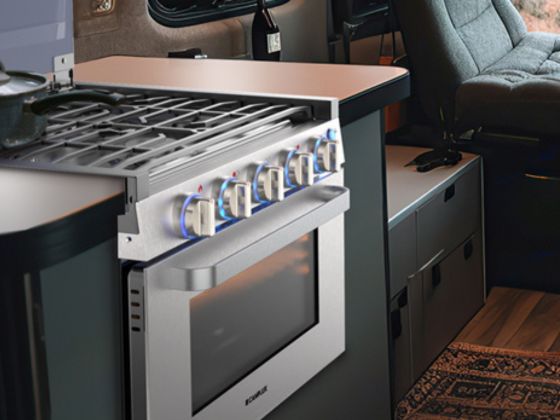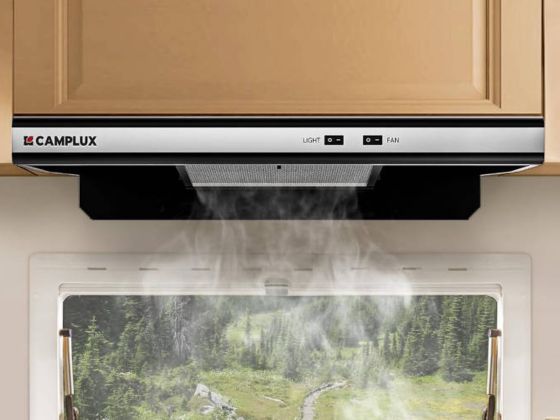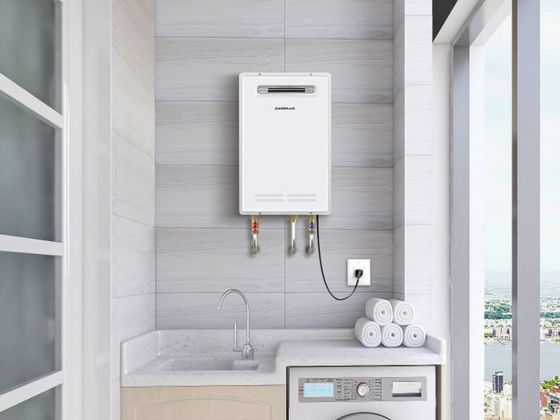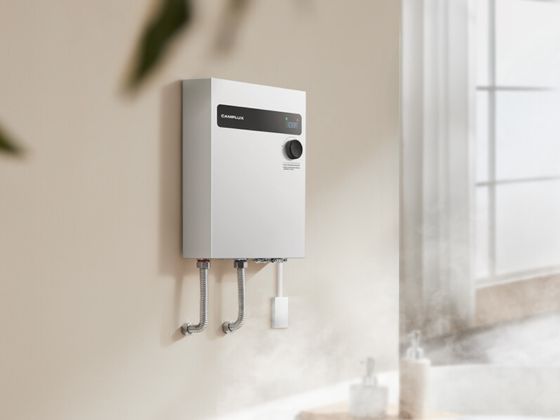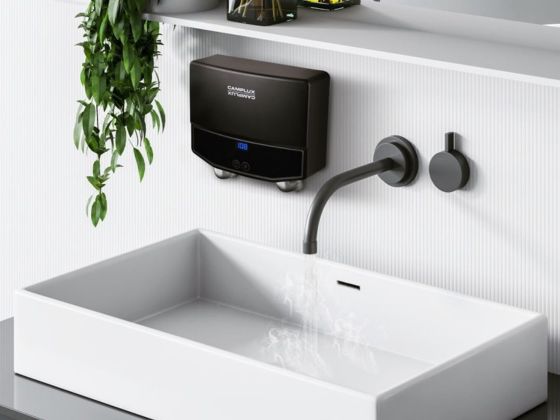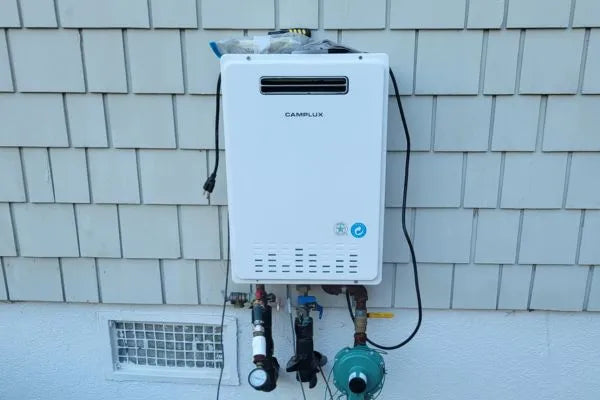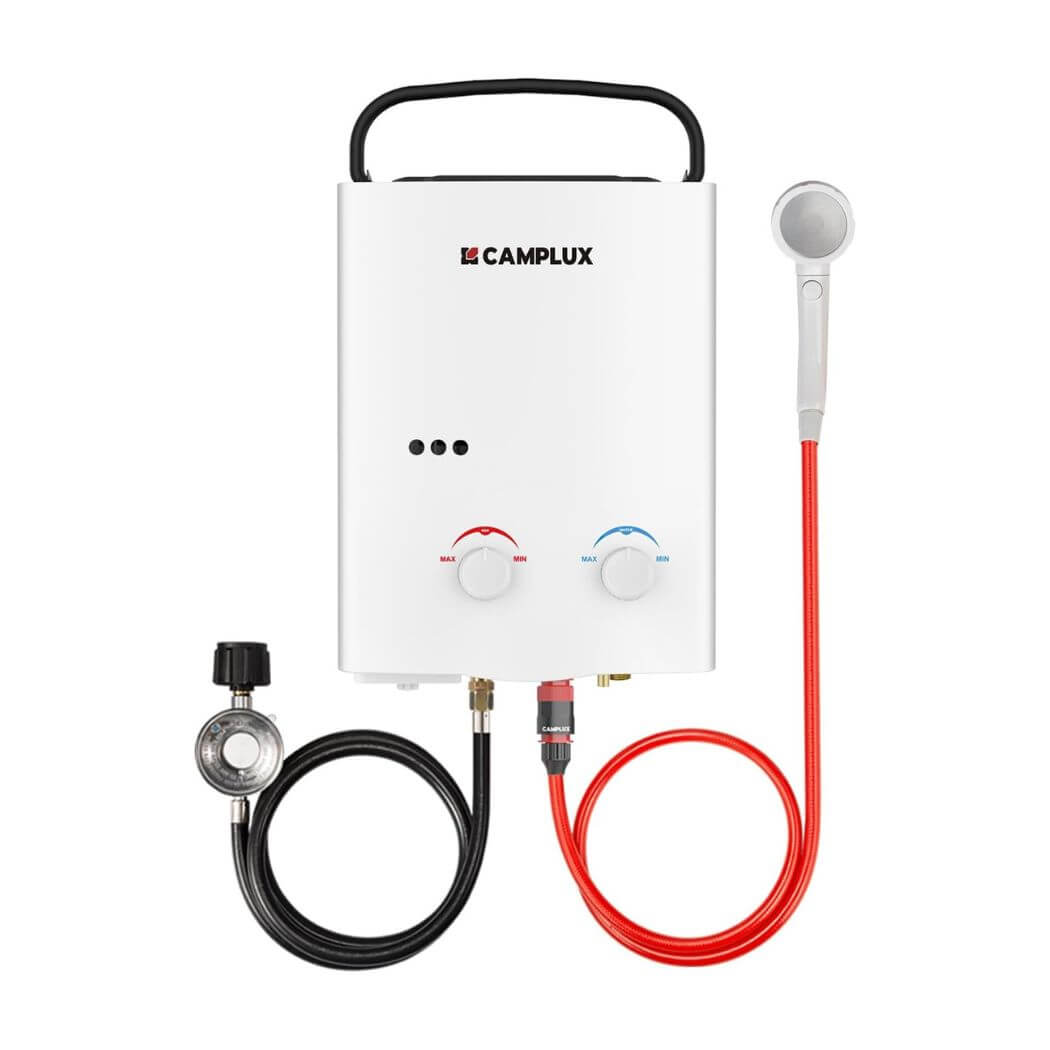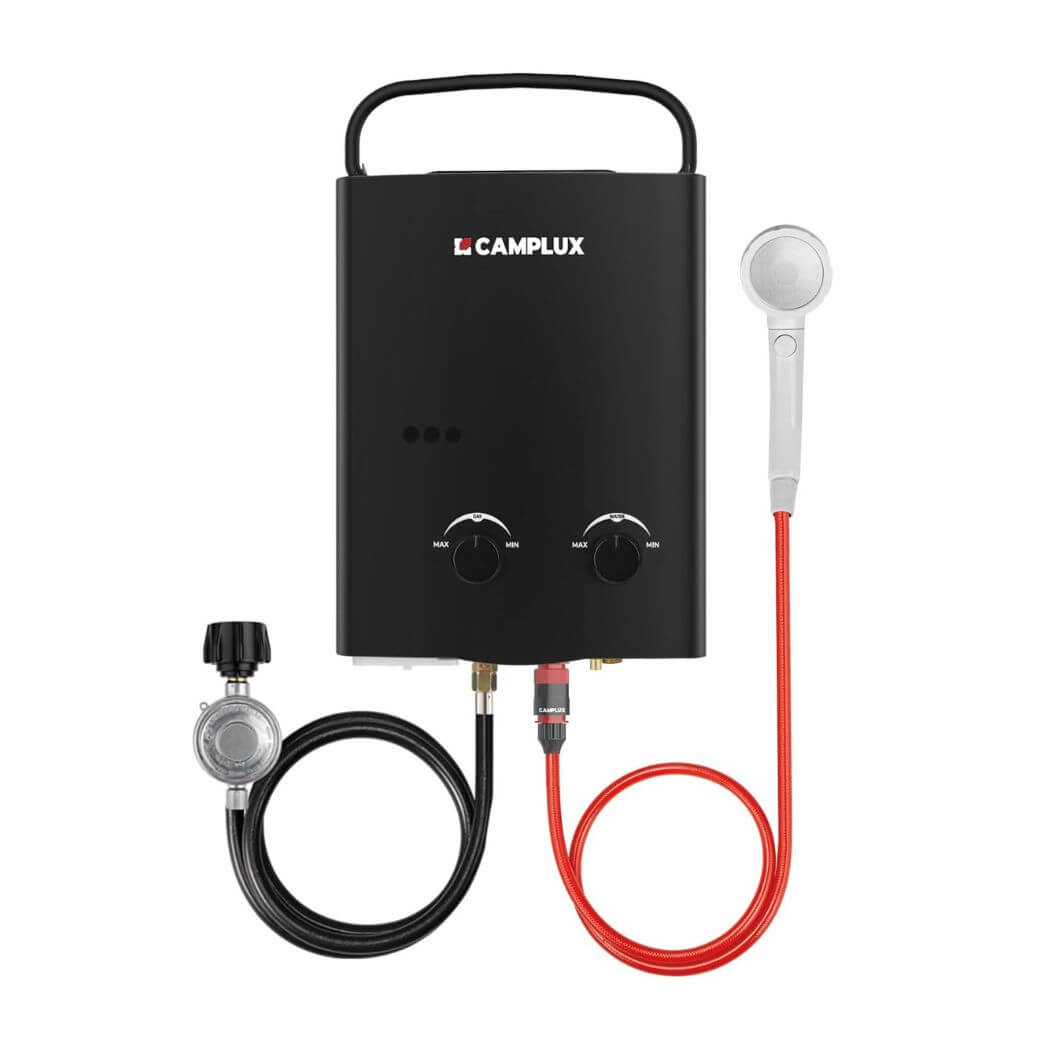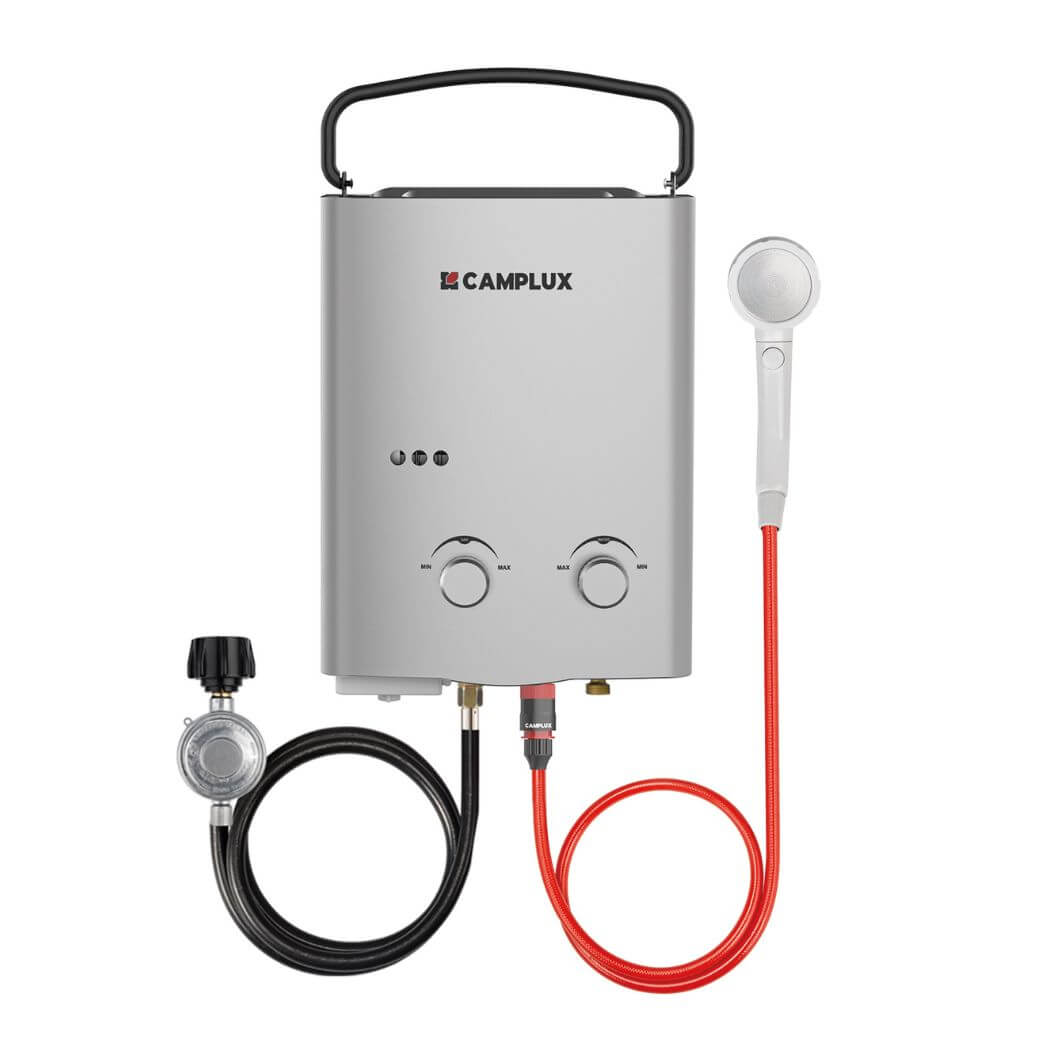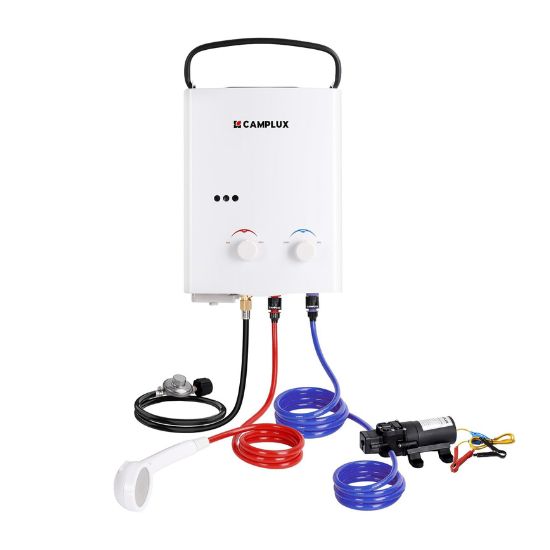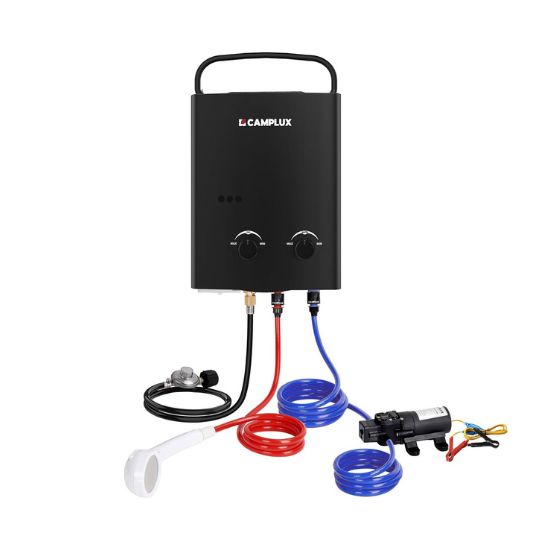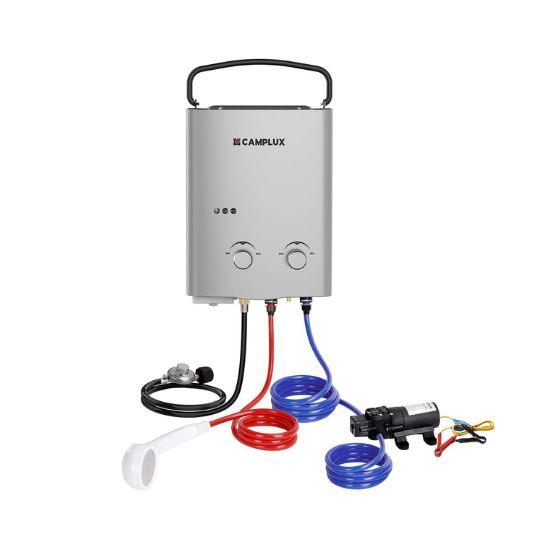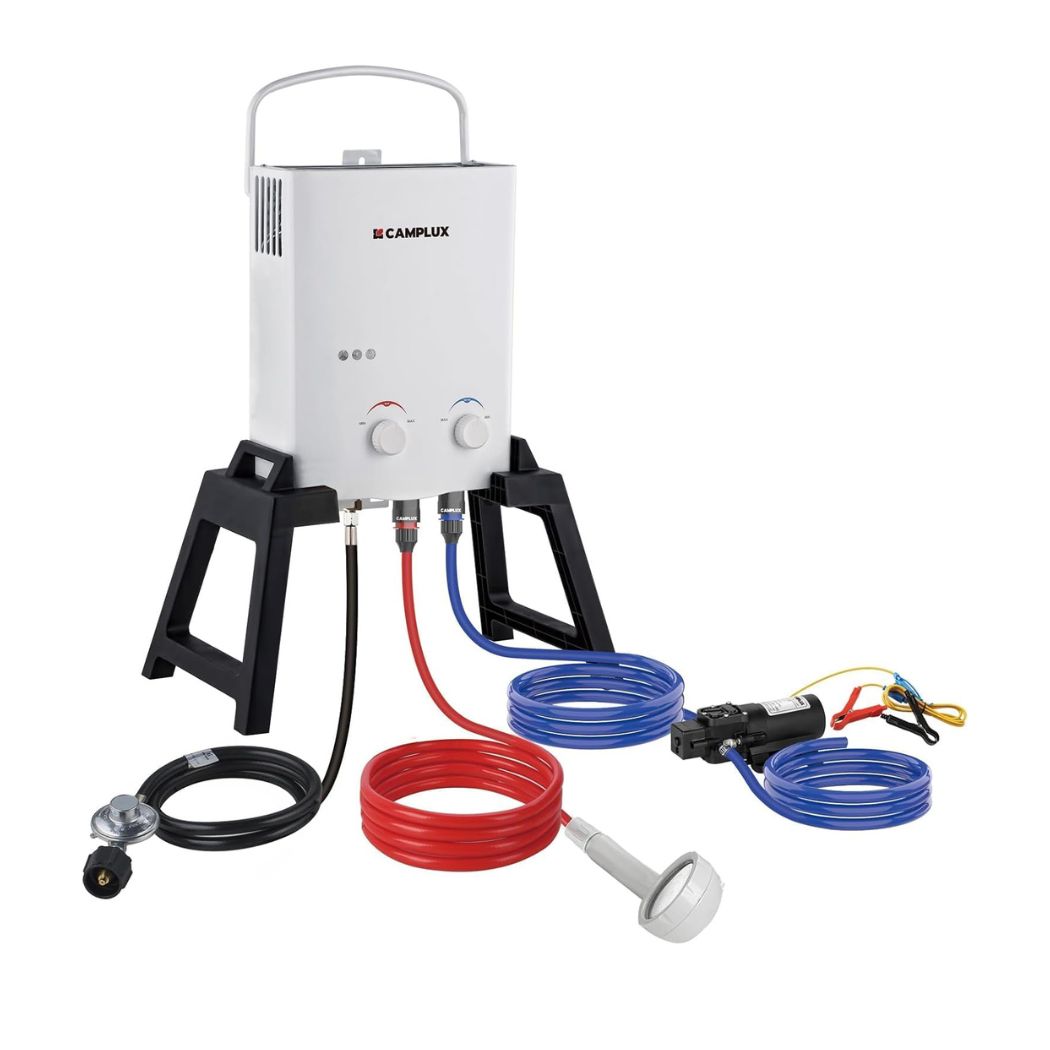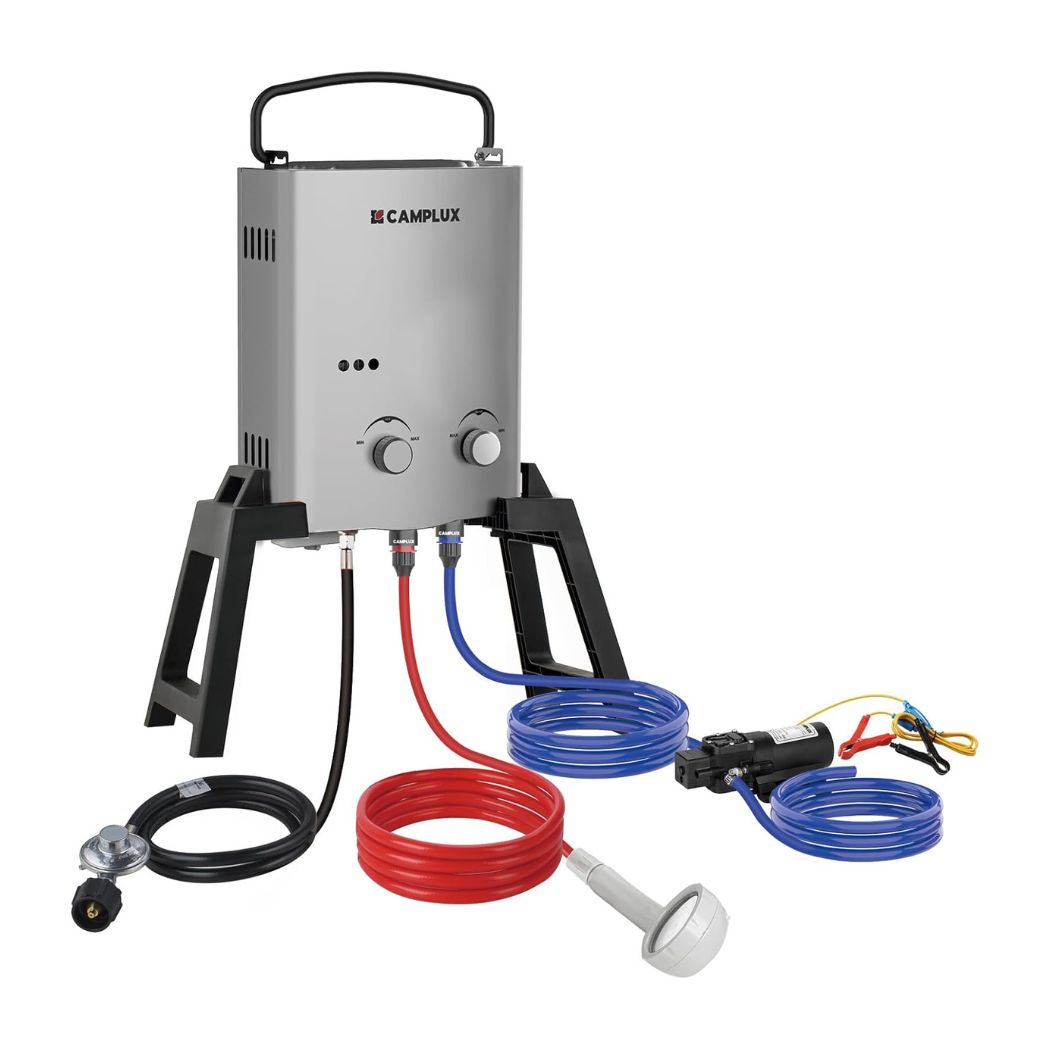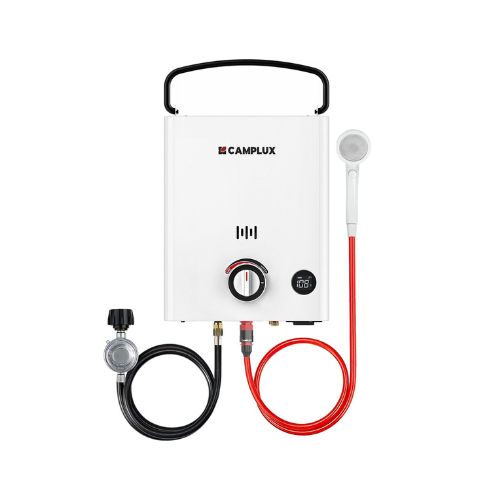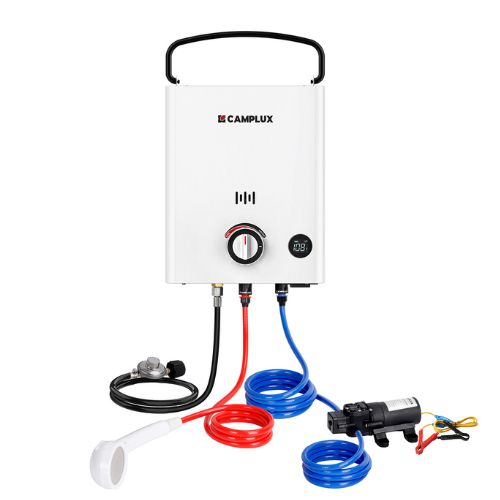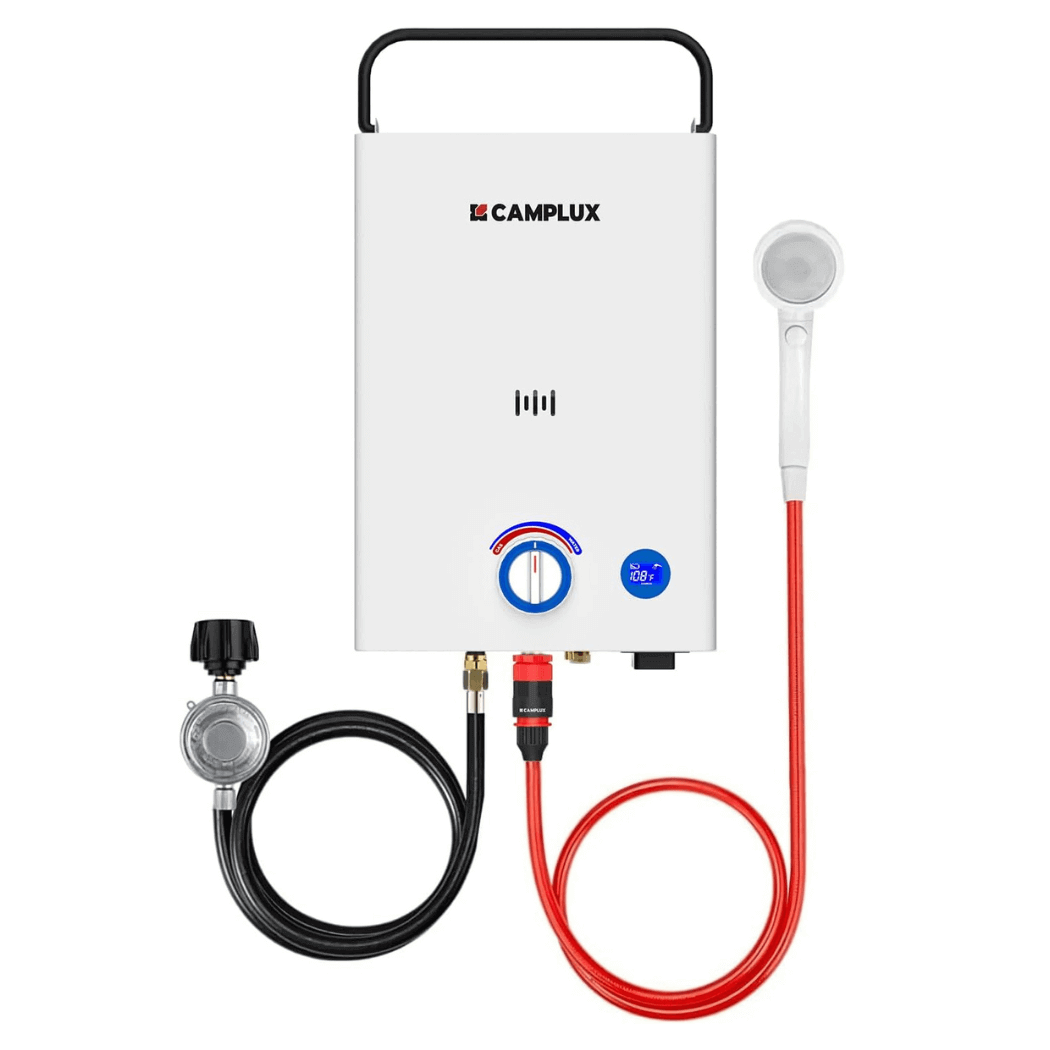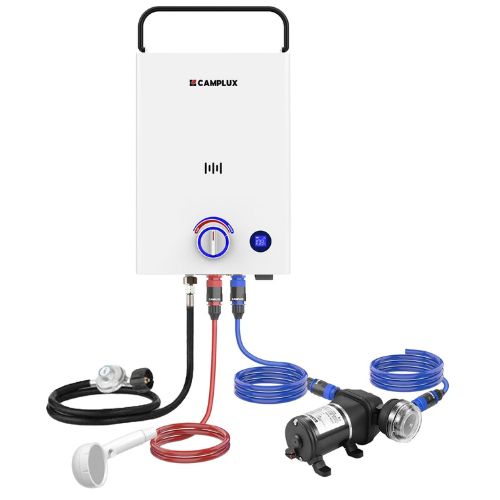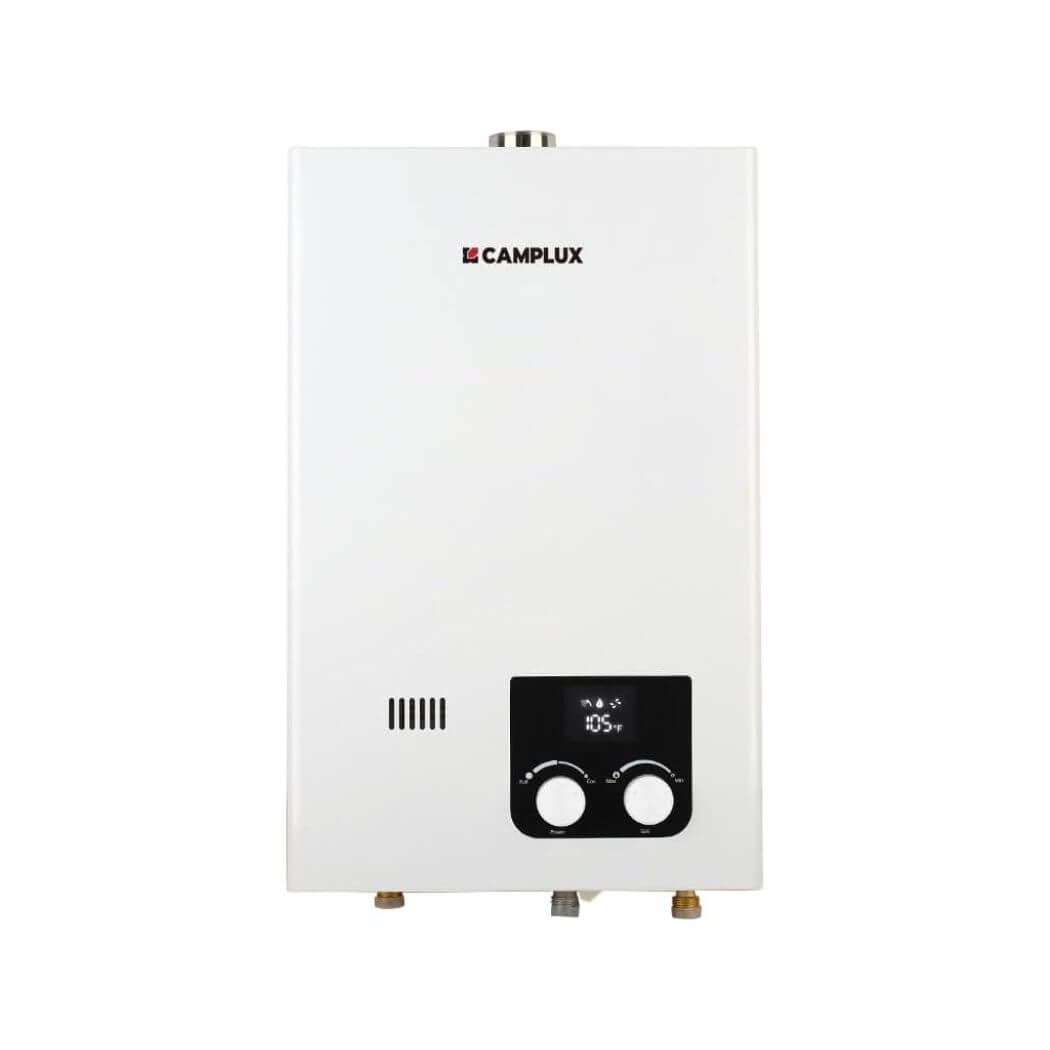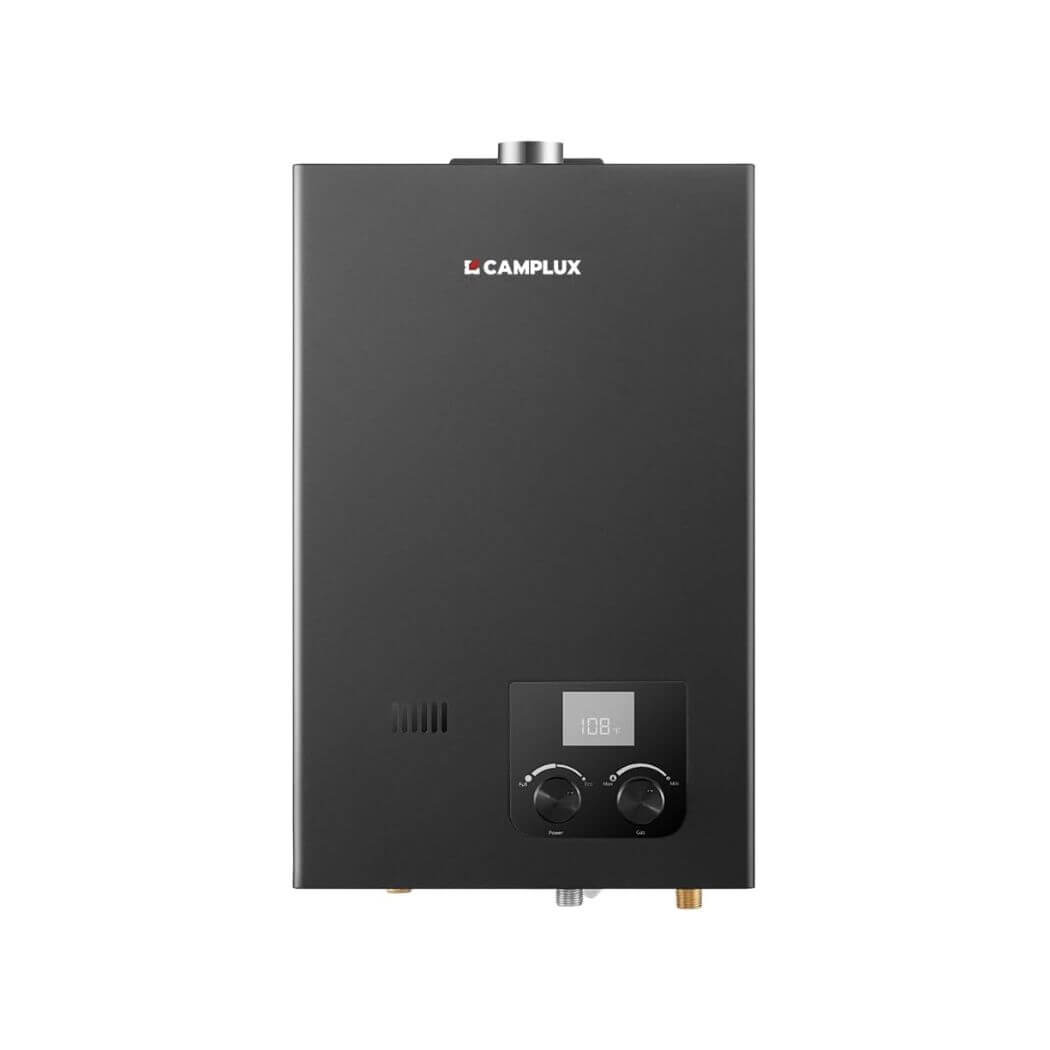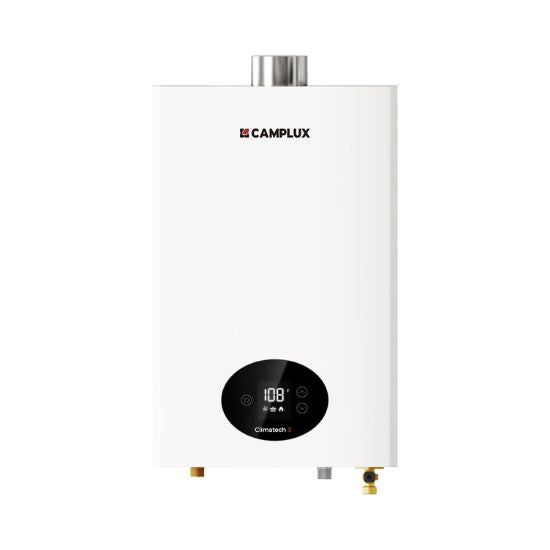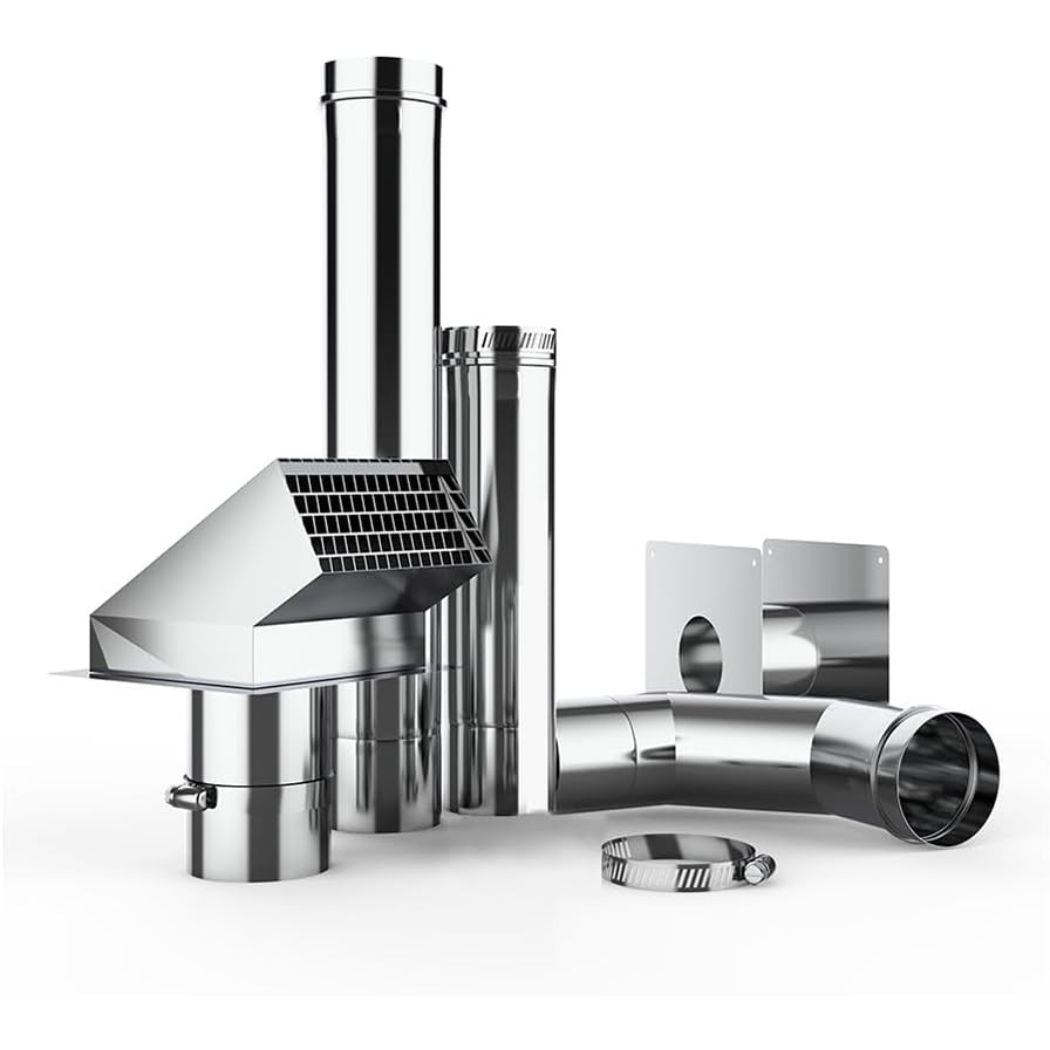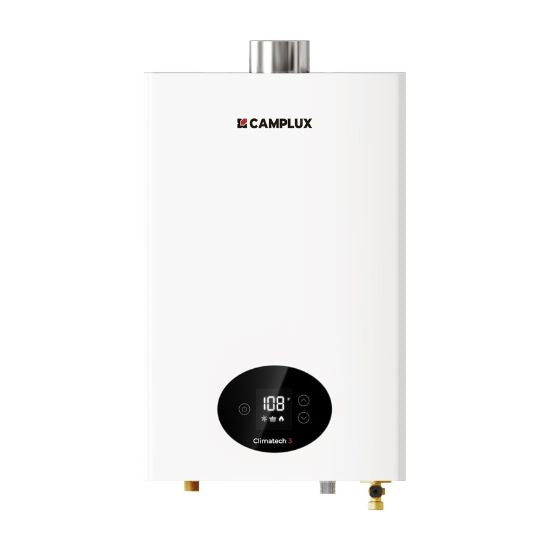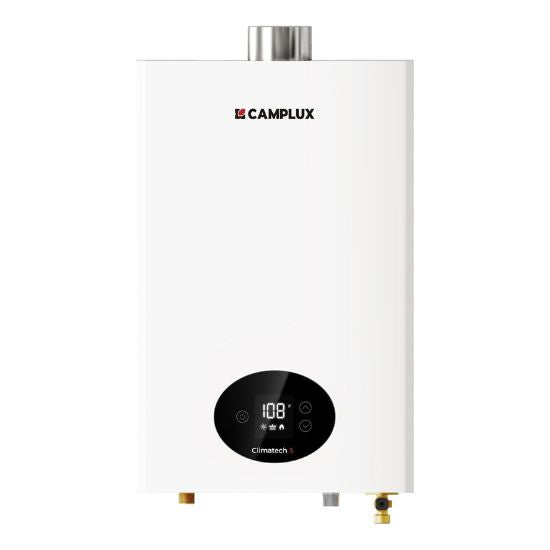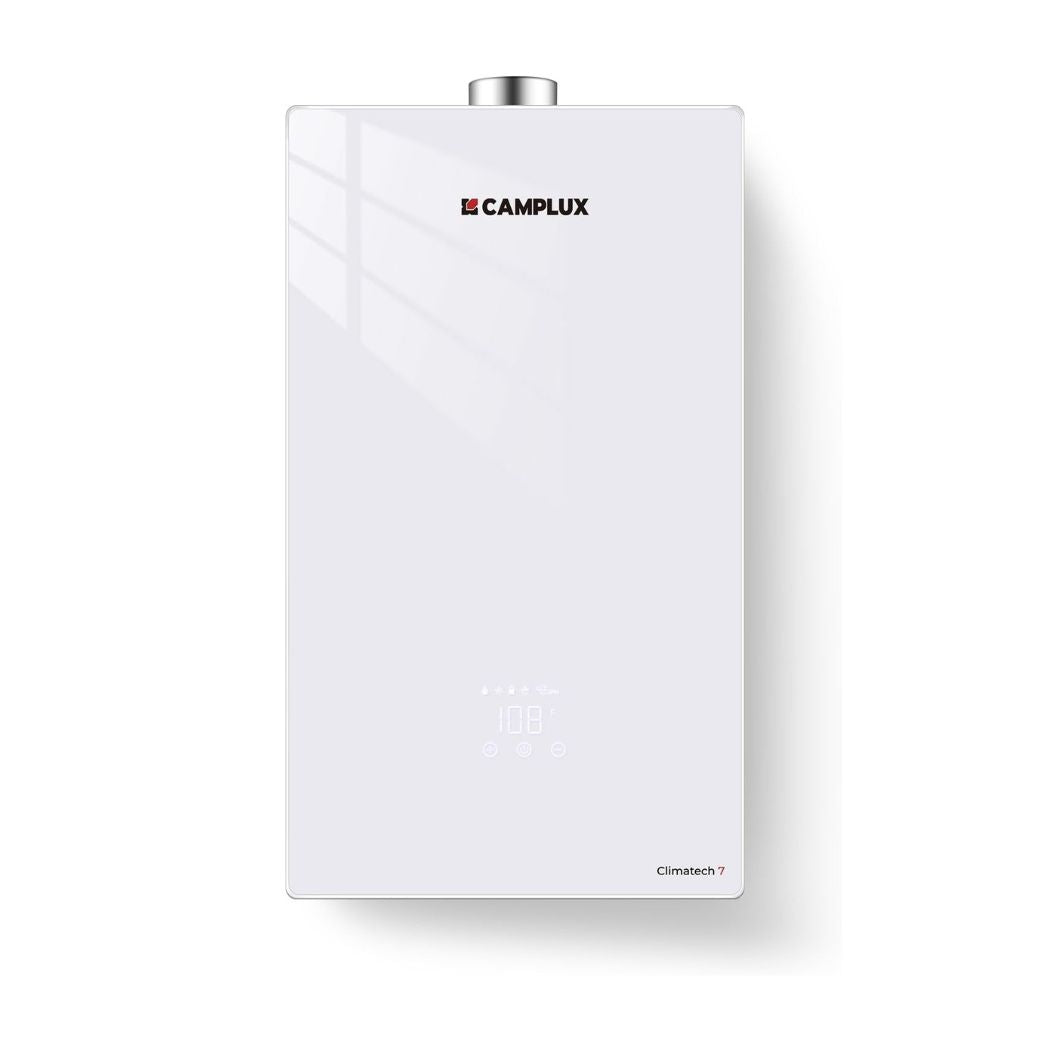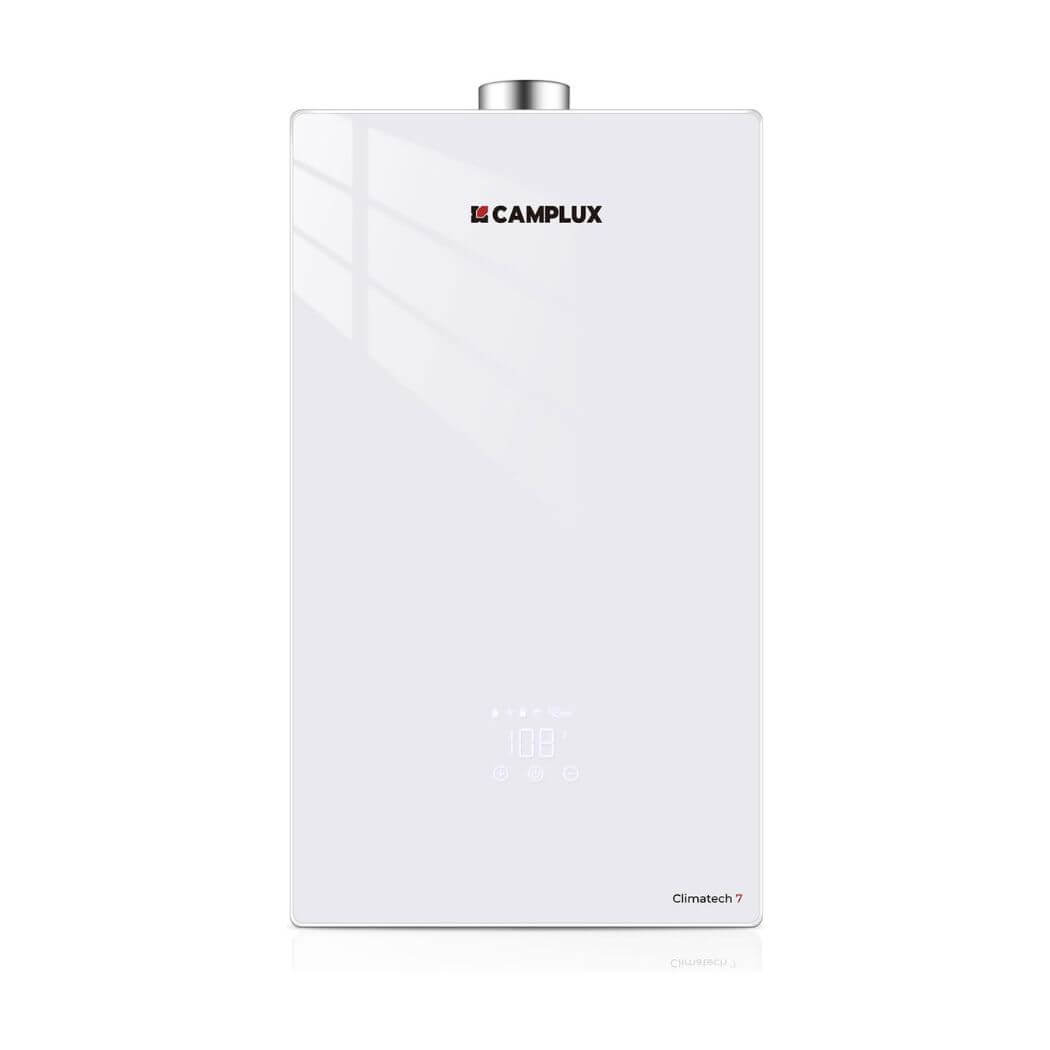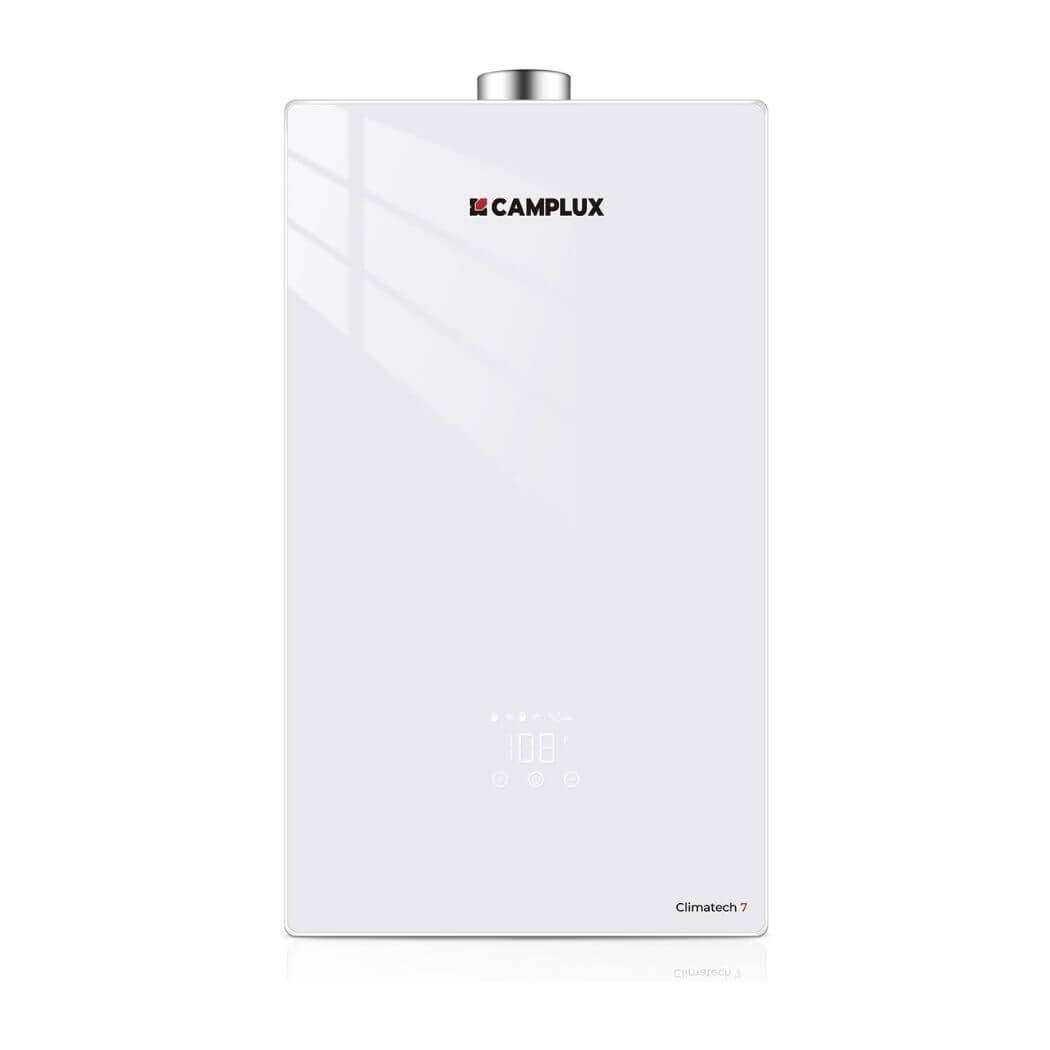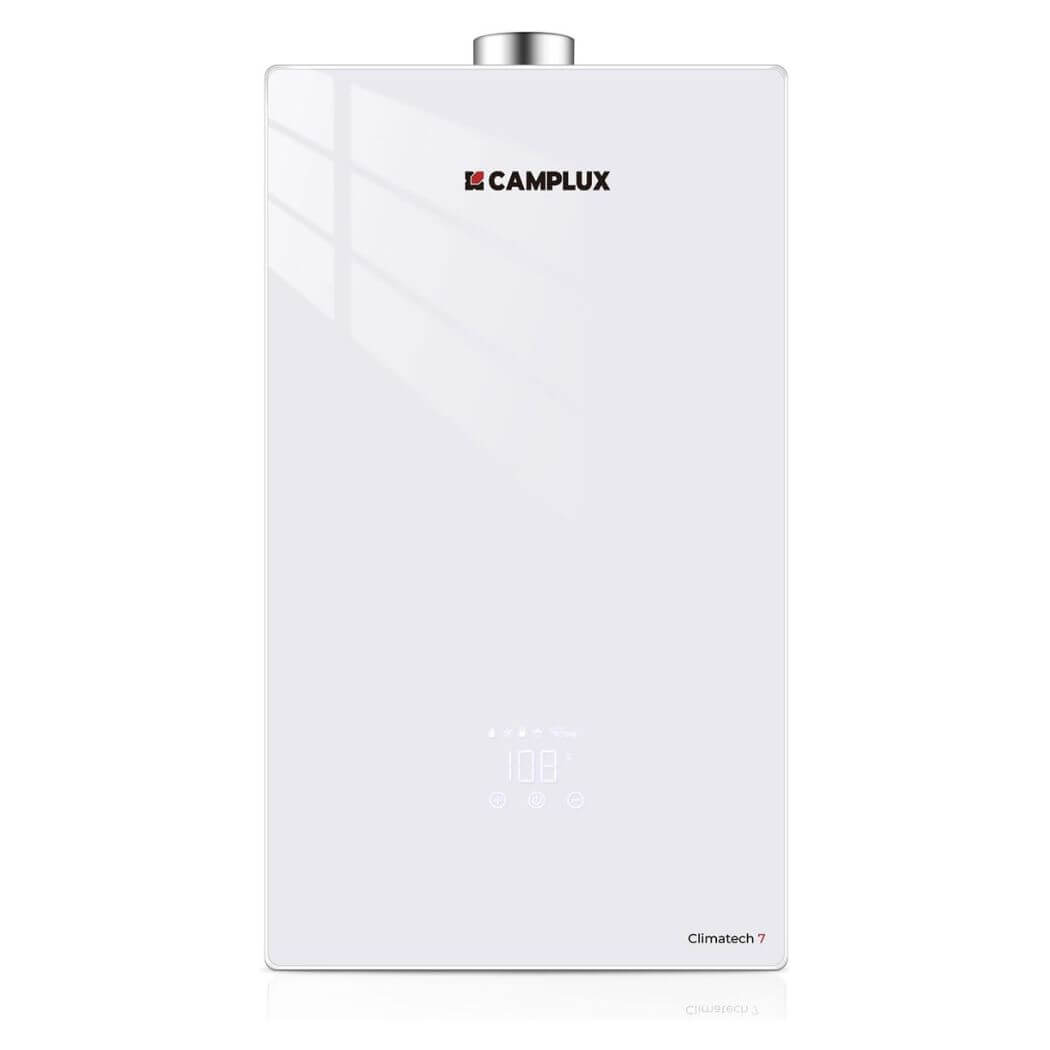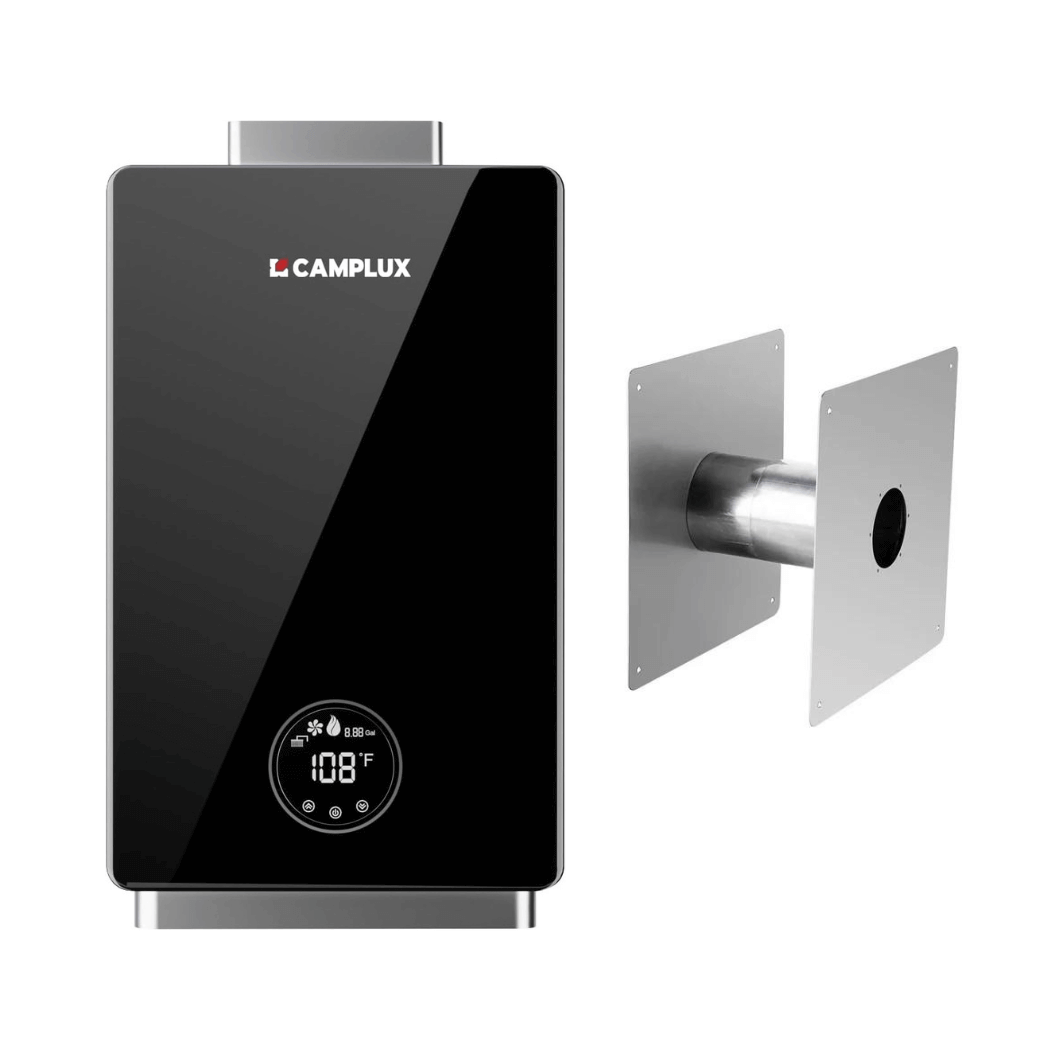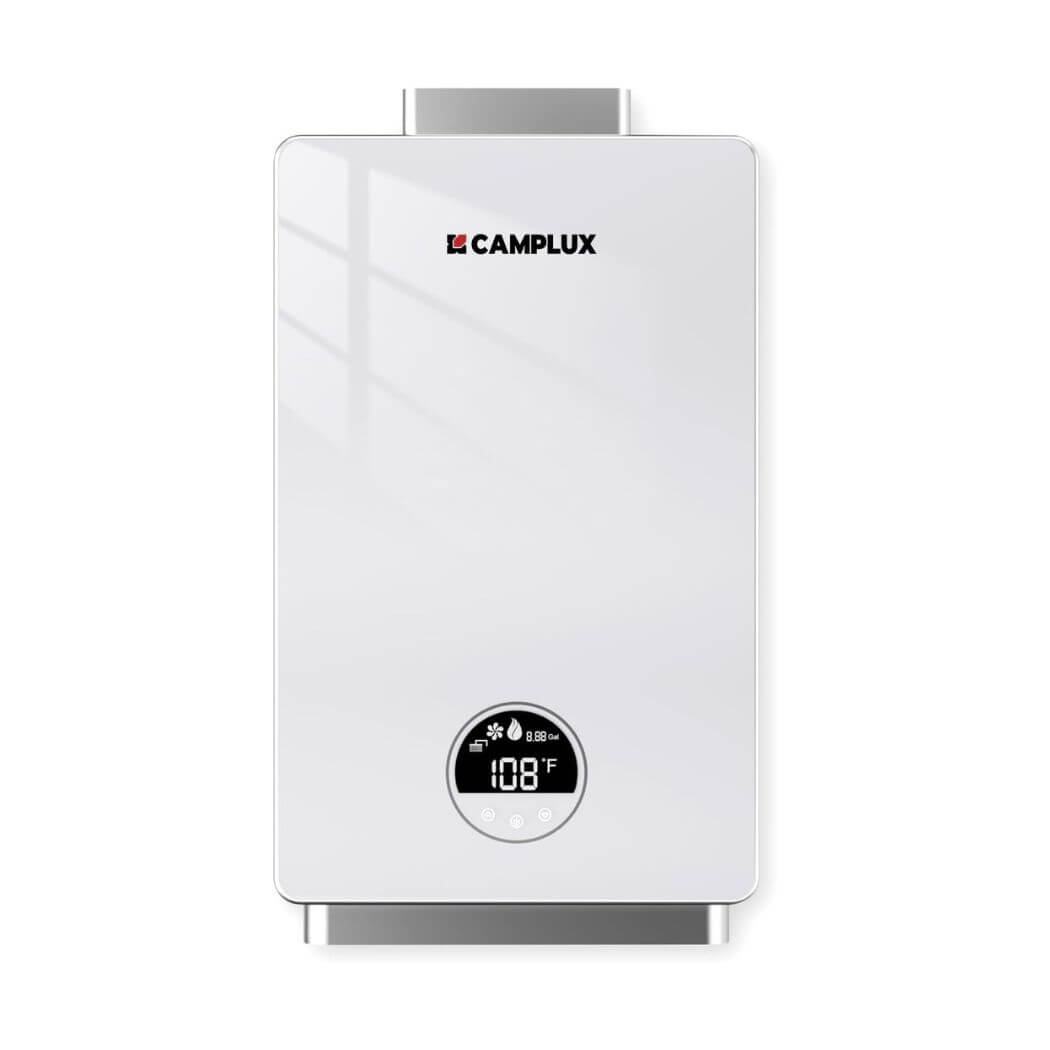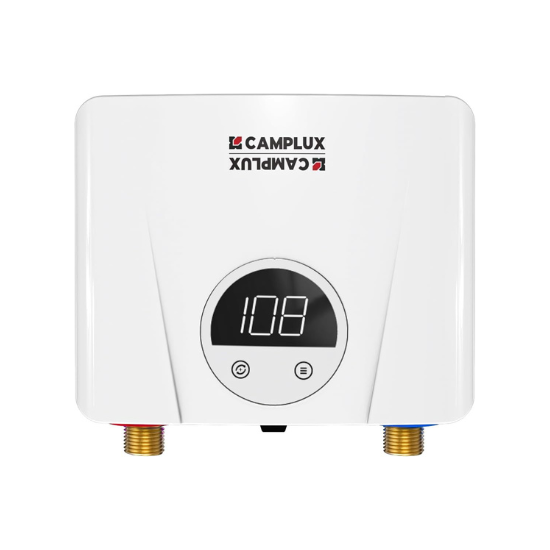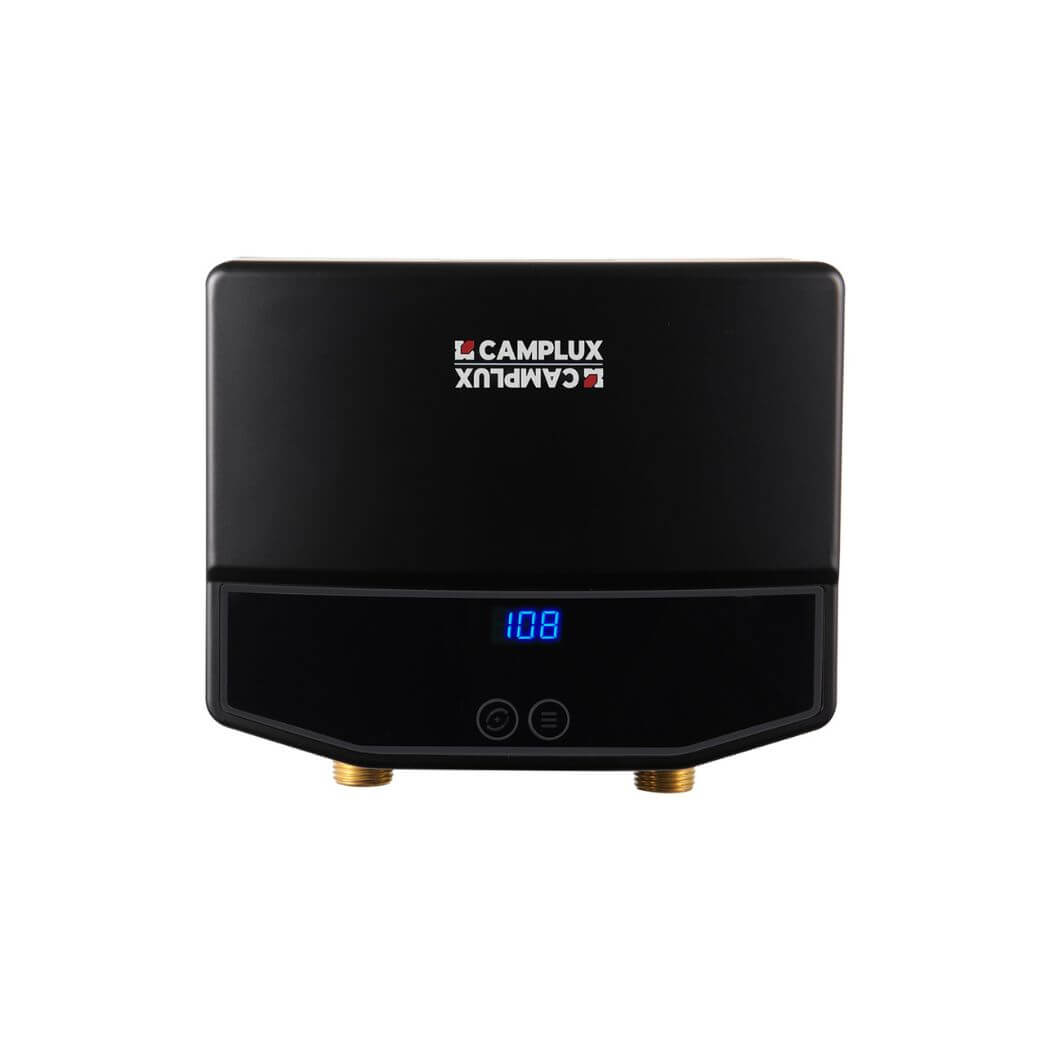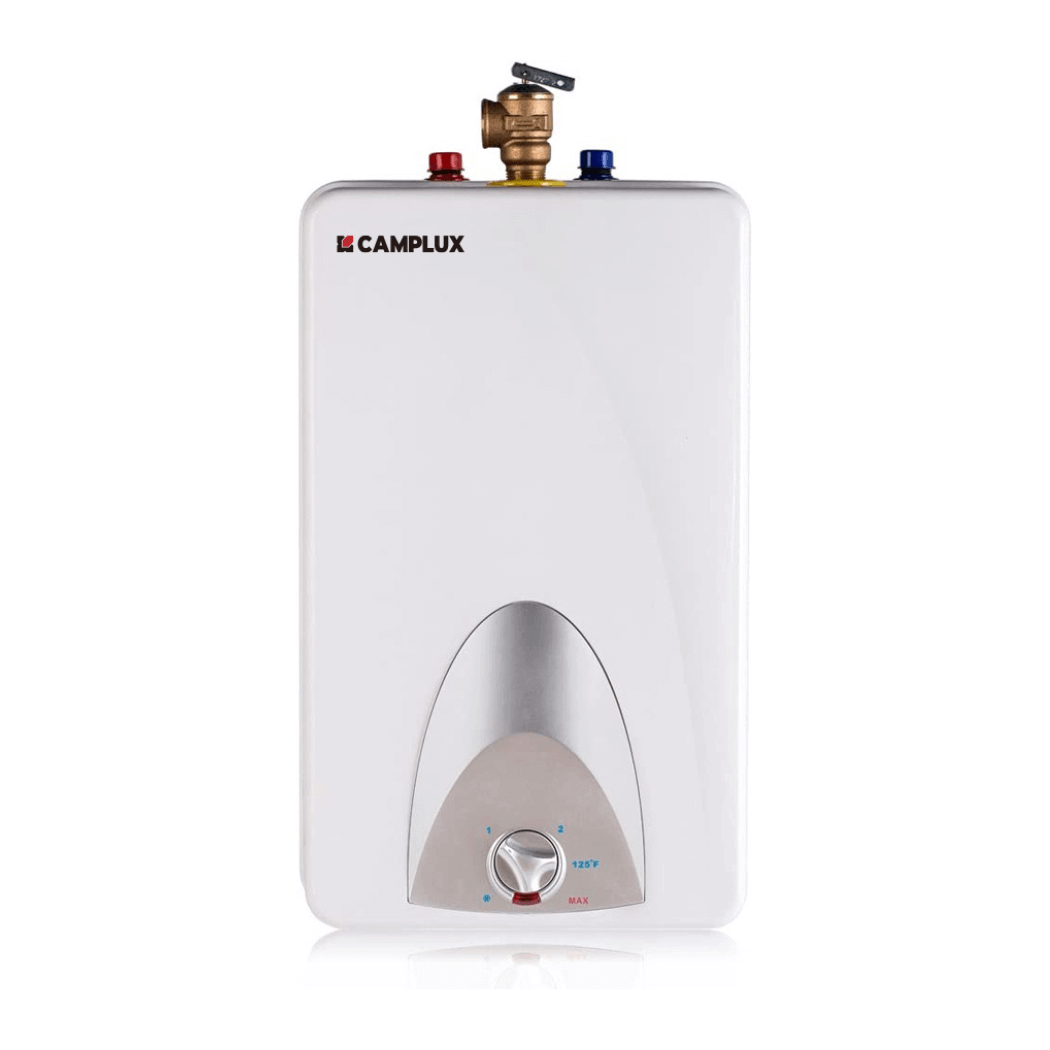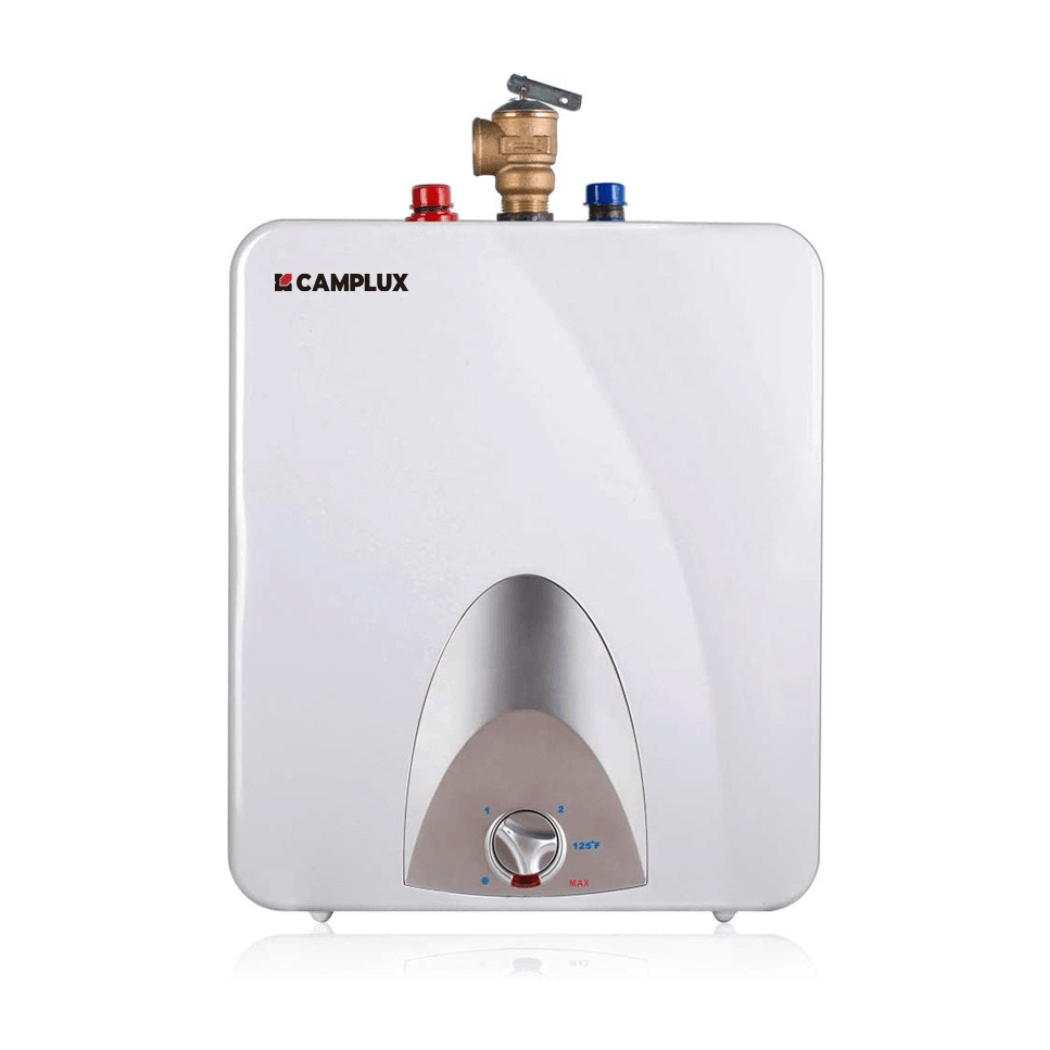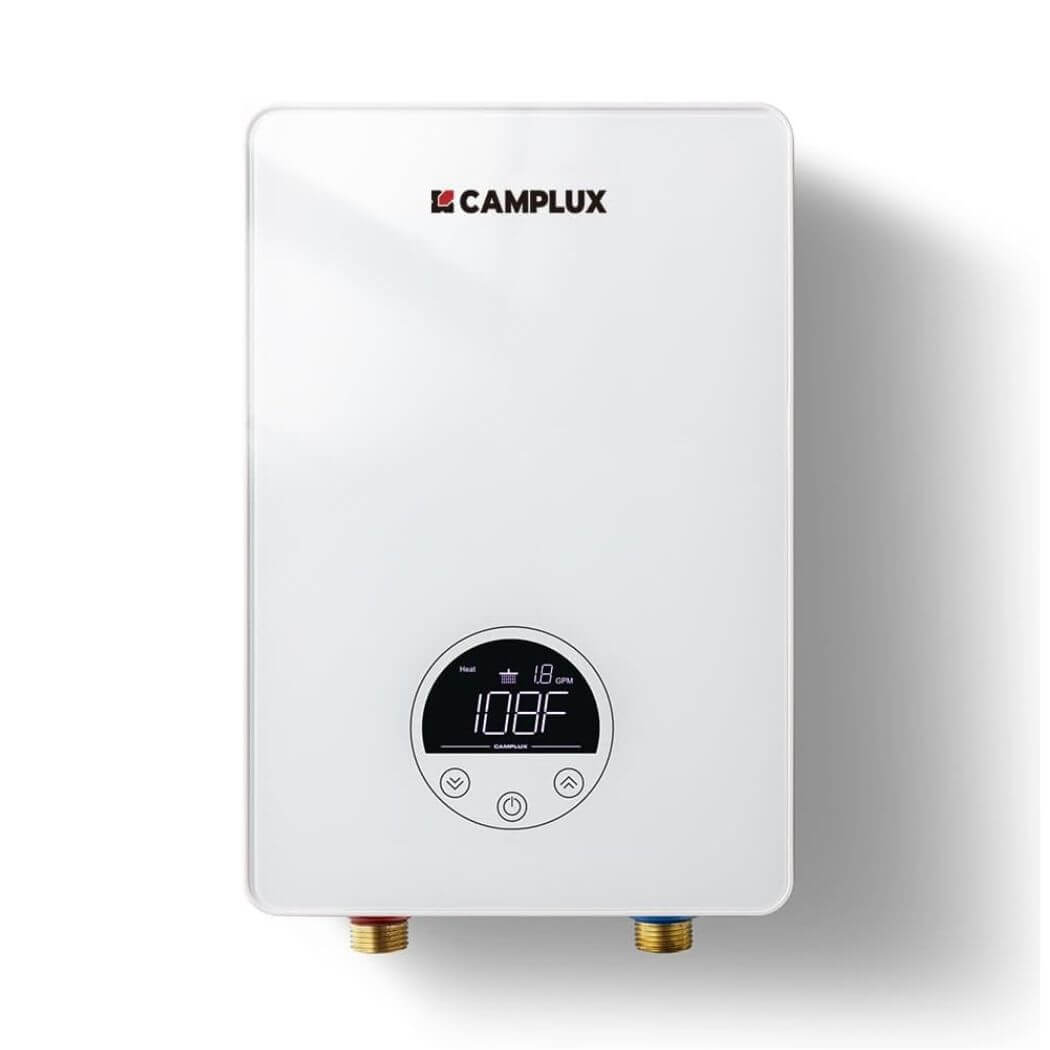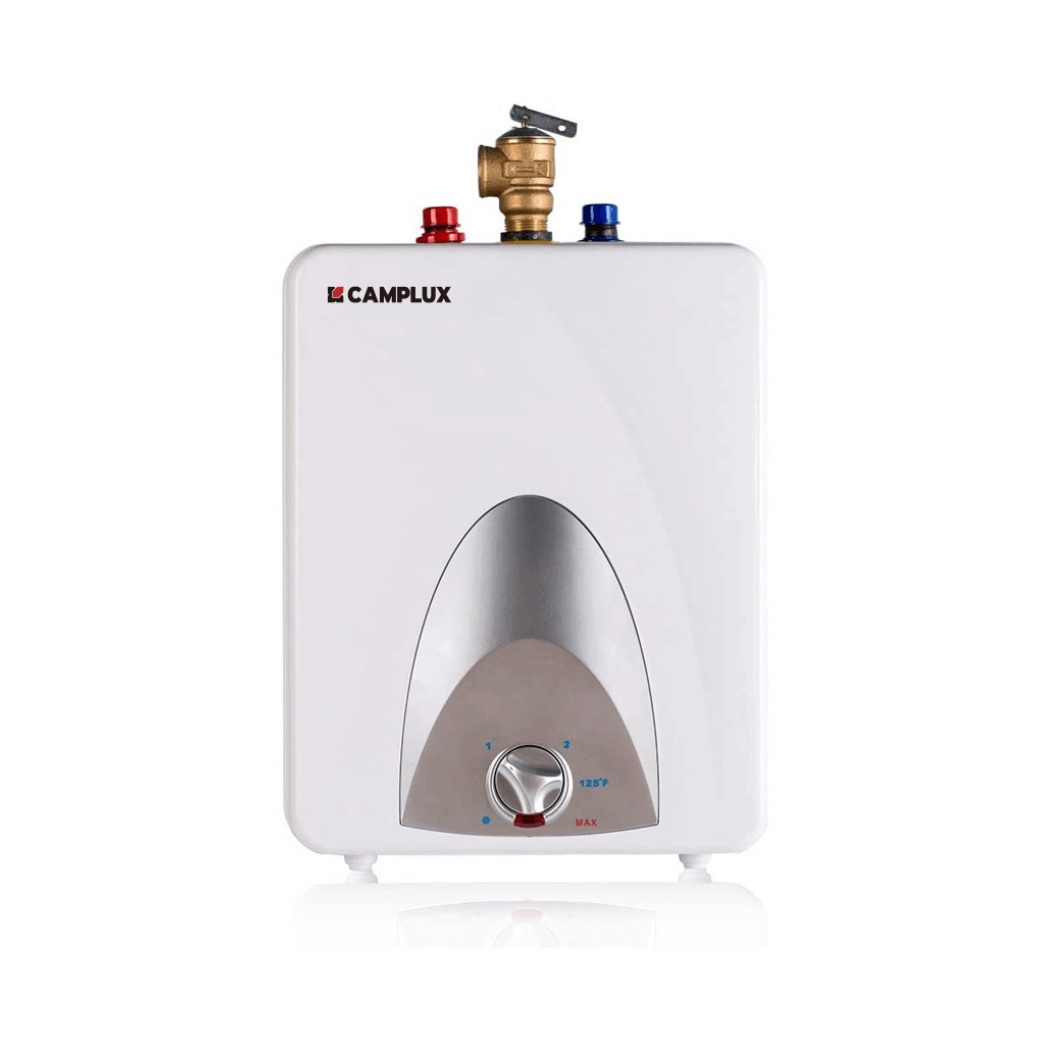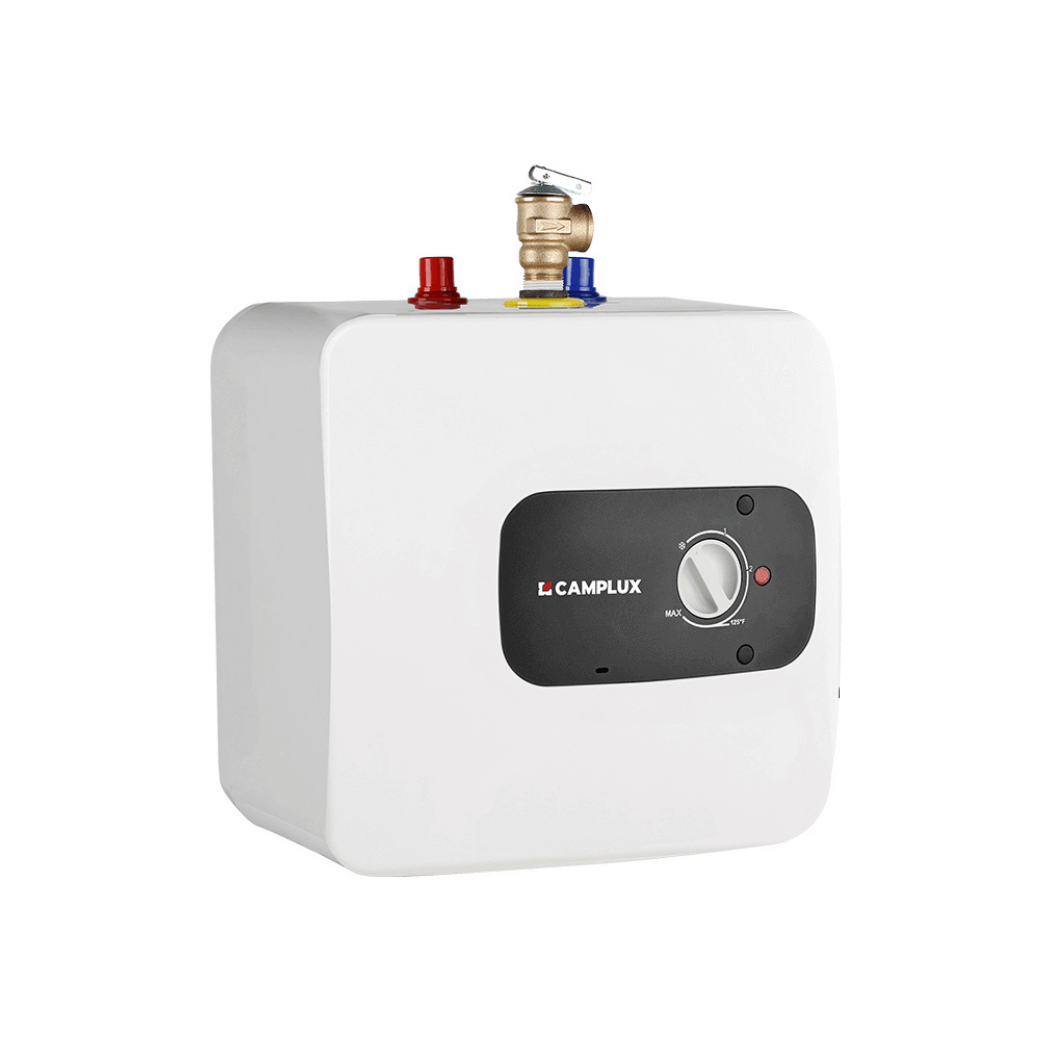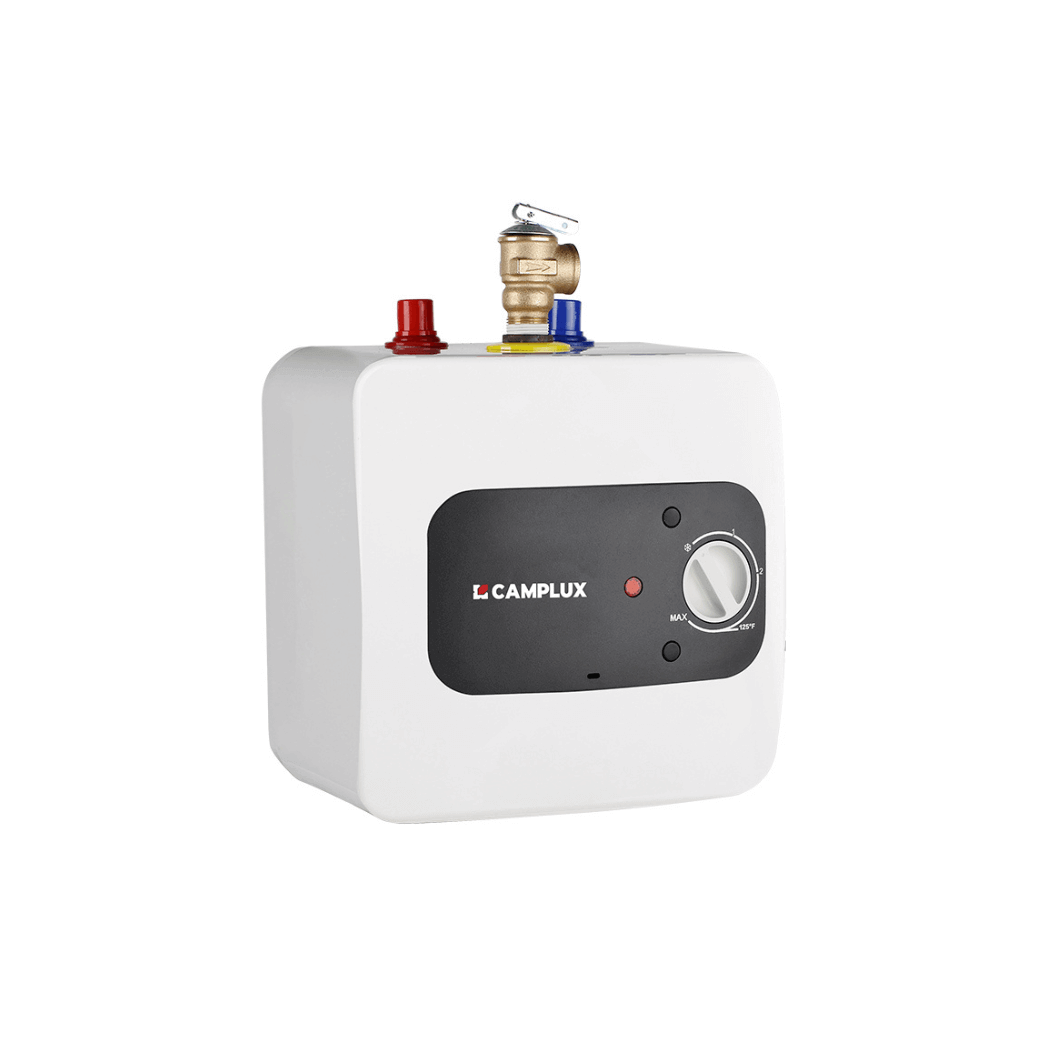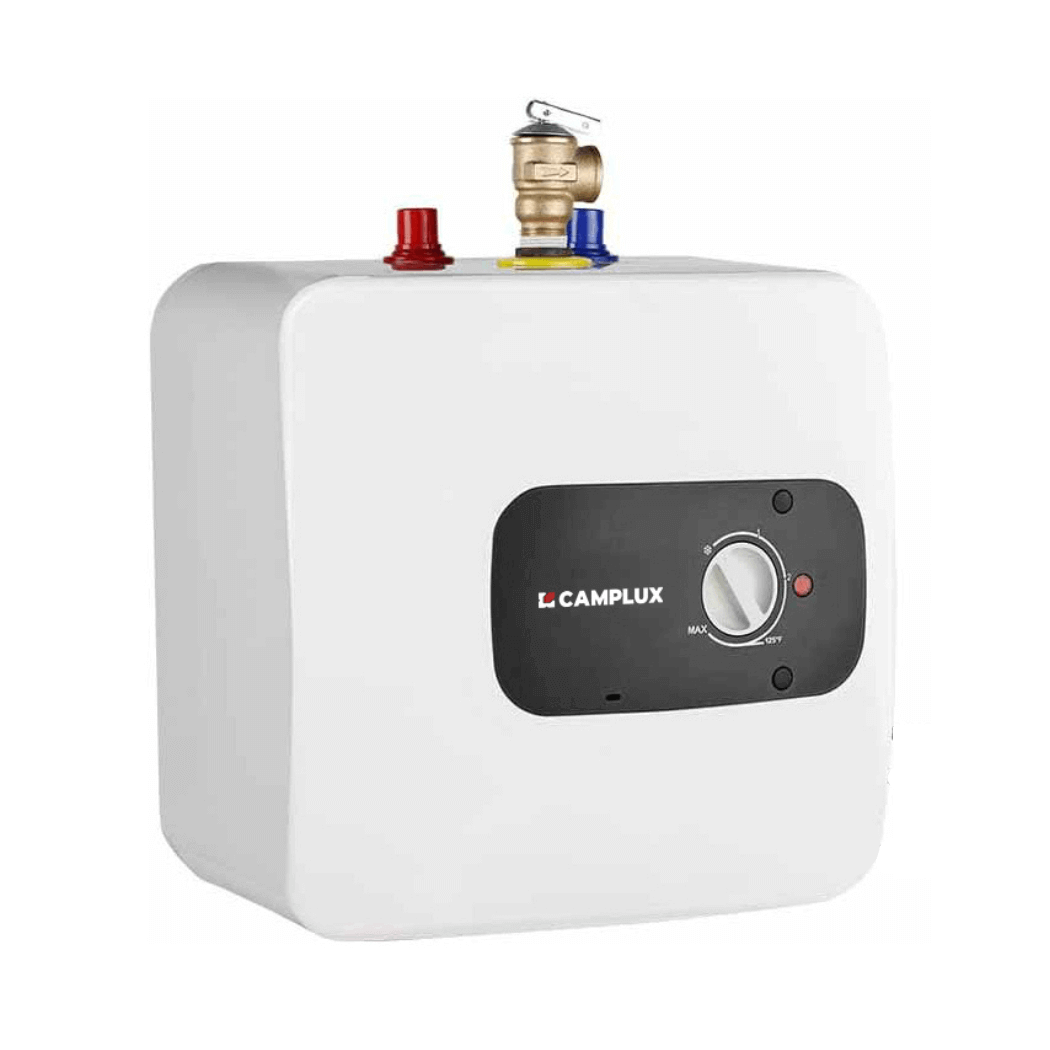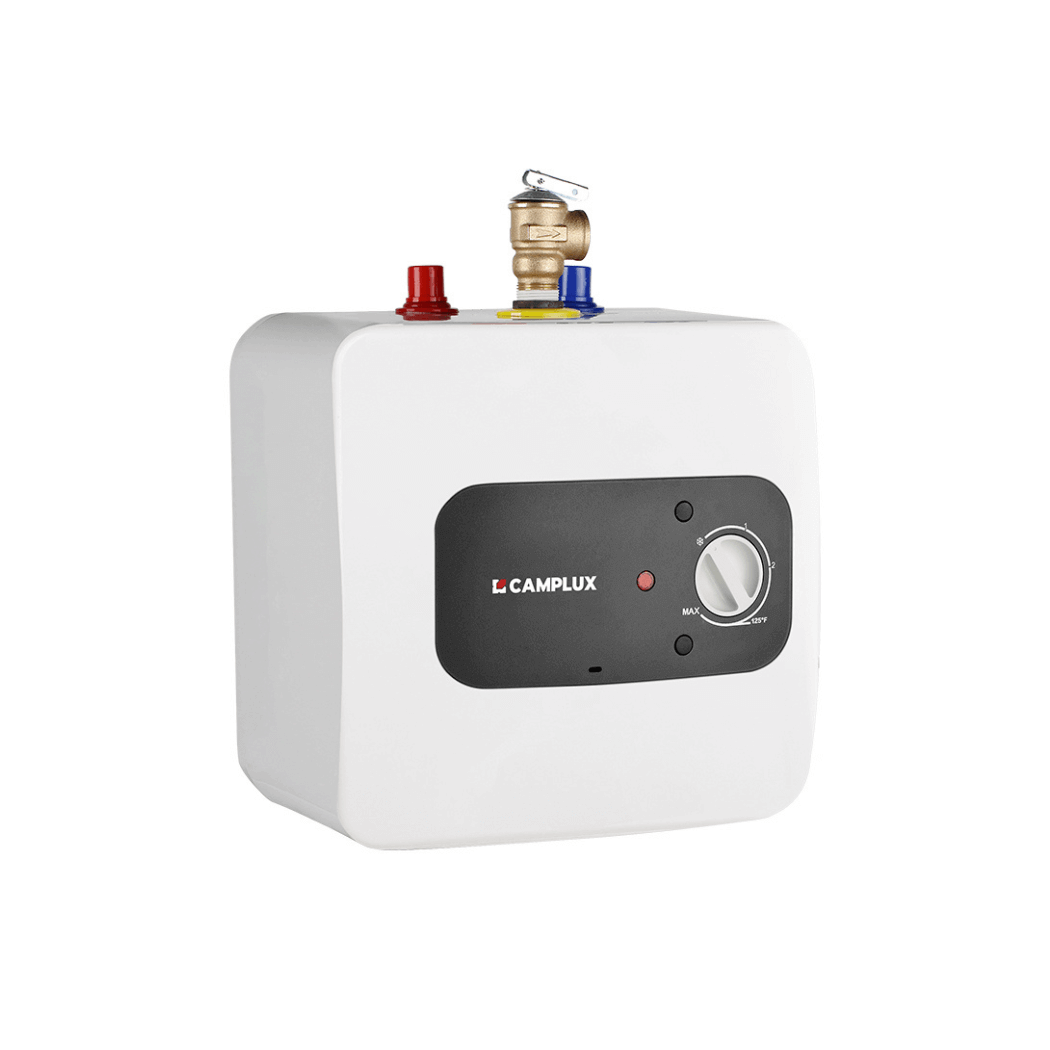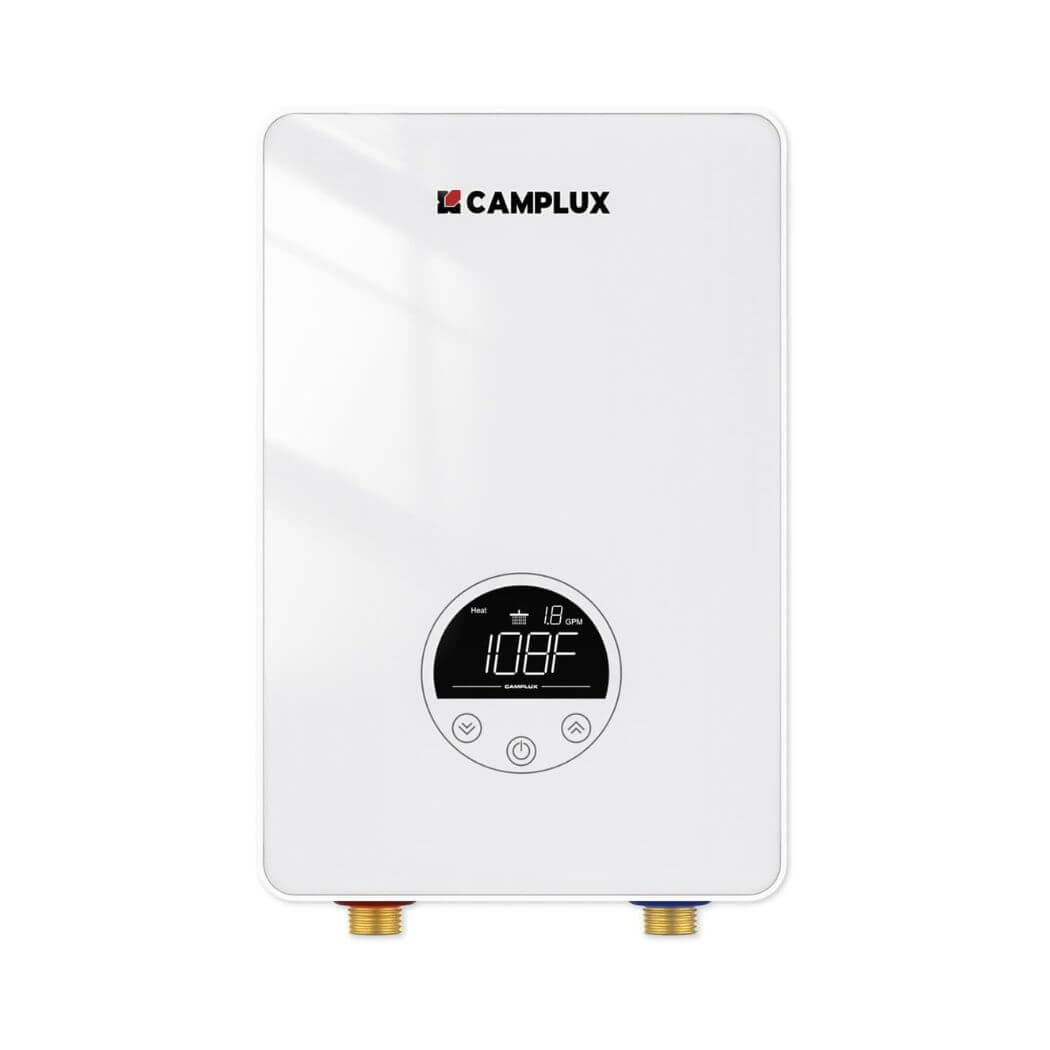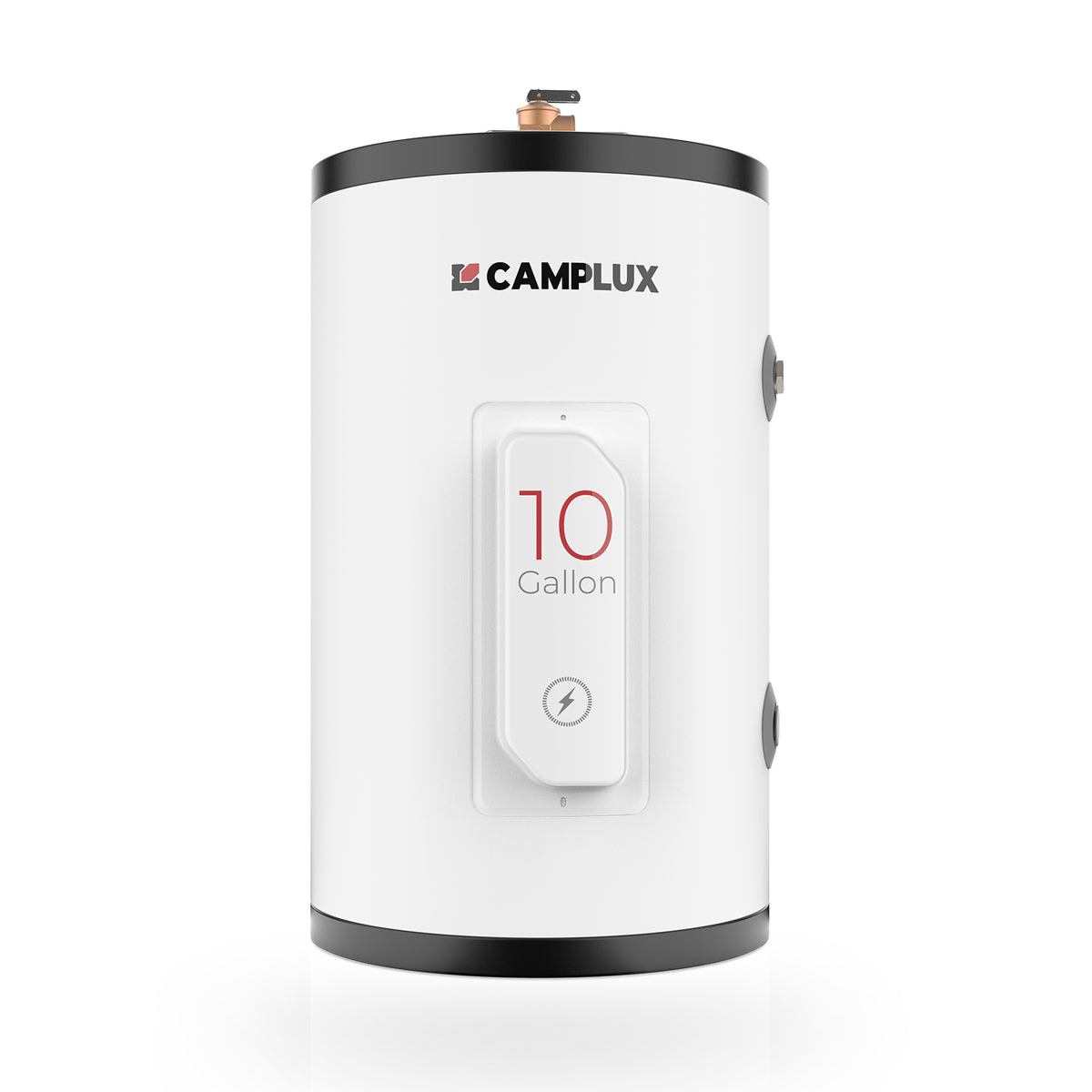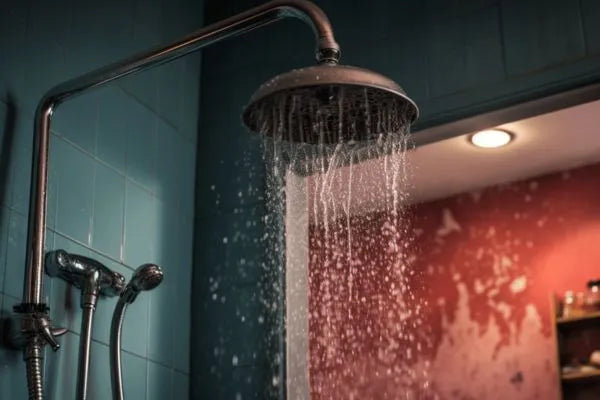Tankless water heaters are a popular choice for homeowners who want to save energy and have a continuous supply of hot water. There are two main types of tankless water heaters: gas and electric. Gas tankless water heaters are powered by natural gas or propane, while electric tankless water heaters are powered by electricity. Each type has its own advantages and considerations. In this article, we will explore the differences between gas and electric tankless water heaters and help you choose the right option for your home.
Key Takeaways
- Gas tankless water heaters are more energy efficient than electric tankless water heaters.
- Gas tankless water heaters have higher installation costs compared to electric tankless water heaters.
- Electric tankless water heaters have lower maintenance requirements than gas tankless water heaters.
- Gas tankless water heaters have a higher environmental impact than electric tankless water heaters.
Understanding Tankless Water Heaters
How Tankless Water Heaters Work
Tankless water heaters, also known as on-demand water heaters, provide hot water only when it is needed. Unlike traditional tank water heaters that store and heat a large amount of water, tankless water heaters heat water directly as it flows through the unit. This eliminates the need for a storage tank and allows for a more efficient and compact design.

Benefits of Tankless Water Heaters
Tankless water heaters offer several benefits compared to traditional tank water heaters:
-
Energy Efficiency : Tankless water heaters are more energy-efficient than tank water heaters because they only heat water when it is needed, reducing energy waste.
-
Endless Hot Water : With a tankless water heater, you can enjoy endless hot water as it heats water on demand.
-
Space Saving : Tankless water heaters are compact and can be installed in small spaces, freeing up valuable floor space.
-
Long Lifespan : Tankless water heaters have a longer lifespan compared to tank water heaters, reducing the need for frequent replacements.
-
Reduced Risk of Water Damage : Since tankless water heaters do not store water, there is a reduced risk of leaks and water damage.
-
Cost Savings : Although the initial cost of a tankless water heater may be higher, it can lead to long-term cost savings due to lower energy consumption and reduced maintenance needs.
Drawbacks of Tankless Water Heaters
While tankless water heaters offer many benefits, there are also some drawbacks to consider.
One of the main drawbacks is the higher upfront cost compared to traditional tank water heaters. Tankless water heaters require a larger initial investment for purchase and installation. However, it's important to note that the long-term energy savings can offset this cost over time.
Another drawback is the limited flow rate. Tankless water heaters may struggle to provide hot water simultaneously to multiple fixtures, especially in larger households. It's important to choose a tankless water heater with a high enough flow rate to meet your household's hot water demands.
Additionally, tankless water heaters require regular maintenance to ensure optimal performance. This includes descaling the unit to remove mineral buildup and checking for any potential issues. It's important to factor in the time and cost of maintenance when considering a tankless water heater.
Overall, while tankless water heaters have their drawbacks, the benefits of energy efficiency and endless hot water supply often outweigh these limitations.
Gas Tankless Water Heaters
Advantages of Gas Tankless Water Heaters
Gas tankless water heaters offer several advantages over their electric counterparts:
-
Higher Flow Rate : Gas tankless water heaters can provide a higher flow rate, allowing for multiple hot water sources to be used simultaneously.
-
Lower Operating Costs : Gas is generally cheaper than electricity, so gas tankless water heaters can be more cost-effective to operate.
-
Faster Heating : Gas tankless water heaters heat water more quickly than electric models, reducing the wait time for hot water.
-
Longer Lifespan : Gas tankless water heaters tend to have a longer lifespan compared to electric models, providing more years of reliable service.
-
No Power Outage Concerns : Gas tankless water heaters do not rely on electricity, so they can still provide hot water during a power outage.
-
Versatile Installation Options : Gas tankless water heaters can be installed both indoors and outdoors, providing more flexibility in placement.
Considerations for Gas Tankless Water Heaters
When considering a gas tankless water heater, there are a few important factors to keep in mind. First, efficiency is a key consideration. Gas tankless water heaters are known for their high efficiency, providing hot water on demand without the need for a storage tank. This can result in significant energy savings over time. Additionally, gas tankless water heaters typically have a longer lifespan compared to electric models.

Another important consideration is installation requirements. Gas tankless water heaters require access to a gas line, which may require professional installation. It's important to ensure that your home has the necessary infrastructure to support a gas tankless water heater.
Lastly, it's worth considering maintenance requirements. Gas tankless water heaters may require periodic maintenance, such as cleaning the burner or descaling the heat exchanger. It's important to factor in these maintenance tasks when deciding between gas and electric tankless water heaters.
Electric Tankless Water Heaters
Advantages of Electric Tankless Water Heaters
Electric tankless water heaters offer several advantages over their gas counterparts:
-
Energy Efficiency: Electric tankless water heaters are highly energy efficient, as they only heat water when it is needed. This can result in significant energy savings compared to traditional tank water heaters.
-
Compact Size: Electric tankless water heaters are typically smaller and more compact than gas tankless water heaters. This makes them a great option for homes with limited space.
-
Ease of Installation: Electric tankless water heaters are generally easier to install than gas tankless water heaters. They do not require a gas line or venting, which can simplify the installation process.
Tip : When choosing an electric tankless water heater, consider the desired flow rate and temperature rise to ensure it meets your household's hot water needs.
-
Lower Maintenance Requirements: Electric tankless water heaters have fewer moving parts and do not require regular maintenance like gas tankless water heaters. This can save you time and money on maintenance costs.
-
Environmental Impact: Electric tankless water heaters produce zero emissions during operation, making them a more environmentally friendly choice compared to gas tankless water heaters.

Considerations for Electric Tankless Water Heaters
When considering electric tankless water heaters, there are a few important factors to keep in mind. First, it's essential to evaluate your home's electrical capacity to ensure it can handle the demand of an electric tankless water heater. Additionally, consider the size and location of the unit, as electric tankless water heaters may require more space and ventilation compared to gas models. Another consideration is the upfront cost, as electric tankless water heaters tend to be more expensive than their gas counterparts. Finally, think about the availability of electricity in your area, as power outages can affect the functionality of an electric tankless water heater.
Comparing Gas and Electric Tankless Water Heaters
Energy Efficiency
When it comes to energy efficiency, both gas and electric tankless water heaters have their advantages. Gas tankless water heaters are known for their high energy efficiency, as they only heat water when it is needed. This means that they do not waste energy by constantly heating a large tank of water. On the other hand, electric tankless water heaters are also energy efficient, although they may not be as efficient as gas models. They still provide significant energy savings compared to traditional tank water heaters.
Installation Costs
When considering the installation costs of gas and electric tankless water heaters, there are a few factors to keep in mind. Gas tankless water heaters generally require a higher upfront investment compared to electric models. This is because gas units often require additional venting and gas line installation, which can increase the overall cost. On the other hand, electric tankless water heaters are typically easier and less expensive to install since they don't require venting or gas lines. However, it's important to note that the specific installation costs can vary depending on factors such as the location of the unit, the complexity of the installation, and any additional electrical or plumbing work that may be required.
Maintenance Requirements
Maintaining a tankless water heater is essential for ensuring its longevity and optimal performance. Here are some key maintenance requirements to keep in mind:
-
Regular flushing: Flushing the system periodically helps remove mineral deposits and sediment buildup, which can affect the heater's efficiency. Refer to the manufacturer's guidelines for the recommended flushing frequency.
-
Inspecting the venting system: Gas tankless water heaters require proper venting to ensure safe operation. Regularly check the venting system for any blockages or damage.
-
Checking for leaks: Inspect the water connections and fittings for any signs of leaks. Addressing leaks promptly can prevent water damage and potential issues with the heater.
-
Replacing filters: Electric tankless water heaters often have filters that need to be cleaned or replaced regularly. Refer to the manufacturer's instructions for the recommended filter maintenance.
Remember, proper maintenance is crucial for maximizing the lifespan and efficiency of your tankless water heater.
Environmental Impact
When it comes to the environmental impact, both gas and electric tankless water heaters have their pros and cons. Gas tankless water heaters produce lower greenhouse gas emissions compared to electric tankless water heaters. This is because gas is a cleaner-burning fuel compared to electricity generated from fossil fuels. However, gas tankless water heaters still emit some greenhouse gases, albeit at a lower rate. On the other hand, electric tankless water heaters do not produce any direct greenhouse gas emissions during operation. However, the electricity used to power these heaters may come from fossil fuel power plants, which do produce greenhouse gas emissions. It is important to consider the source of electricity when evaluating the environmental impact of electric tankless water heaters.
Conclusion
In conclusion, when it comes to choosing between gas and electric tankless water heaters, there are several factors to consider. Efficiency and cost are two important considerations. Gas tankless water heaters are generally more efficient and can provide a higher flow rate, but they require a gas line and proper ventilation. Electric tankless water heaters are easier to install and maintain, but they may have a lower flow rate and higher operating costs. Ultimately, the decision depends on your specific needs and circumstances. It is recommended to consult with a professional plumber or contractor to determine the best option for your home.
Frequently Asked Questions
Which type of tankless water heater is more energy-efficient?
Both gas and electric tankless water heaters are energy-efficient, but electric models tend to have a higher energy factor (EF) rating, making them slightly more efficient.
Are gas tankless water heaters more expensive to install?
Gas tankless water heaters generally have higher installation costs compared to electric models. This is due to the need for gas line installation and venting requirements.
Do gas tankless water heaters require more maintenance?
Gas tankless water heaters may require more maintenance compared to electric models. They need regular inspection and cleaning of the burner and combustion chamber to ensure optimal performance.
Can electric tankless water heaters provide enough hot water for multiple appliances?
Yes, electric tankless water heaters can provide enough hot water for multiple appliances simultaneously. However, the flow rate may be limited, so it's essential to choose a model that suits your household's needs.
Do gas tankless water heaters have a higher environmental impact?
Gas tankless water heaters produce greenhouse gas emissions during combustion, which contributes to environmental pollution. Electric tankless water heaters are considered more environmentally friendly as they don't produce direct emissions.
Are there any specific safety considerations for gas tankless water heaters?
Gas tankless water heaters require proper ventilation to prevent the buildup of carbon monoxide. It's crucial to install them in well-ventilated areas and have carbon monoxide detectors in place.




